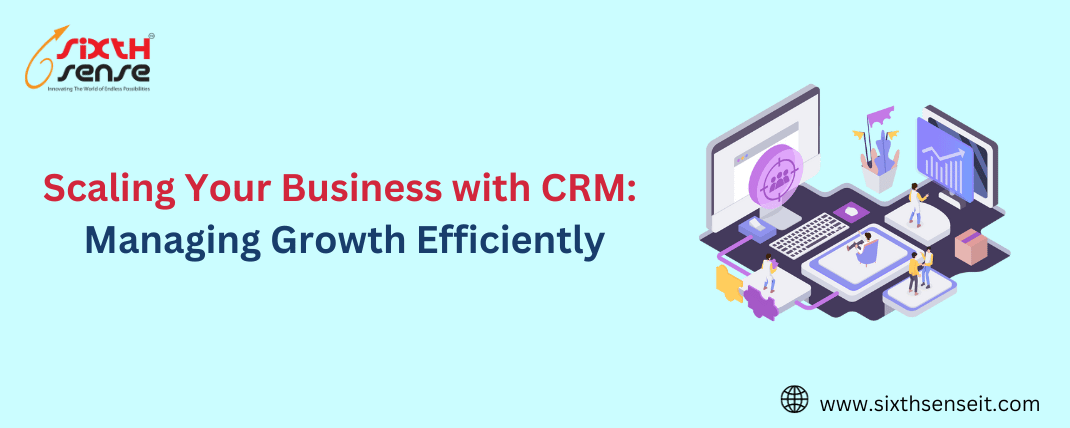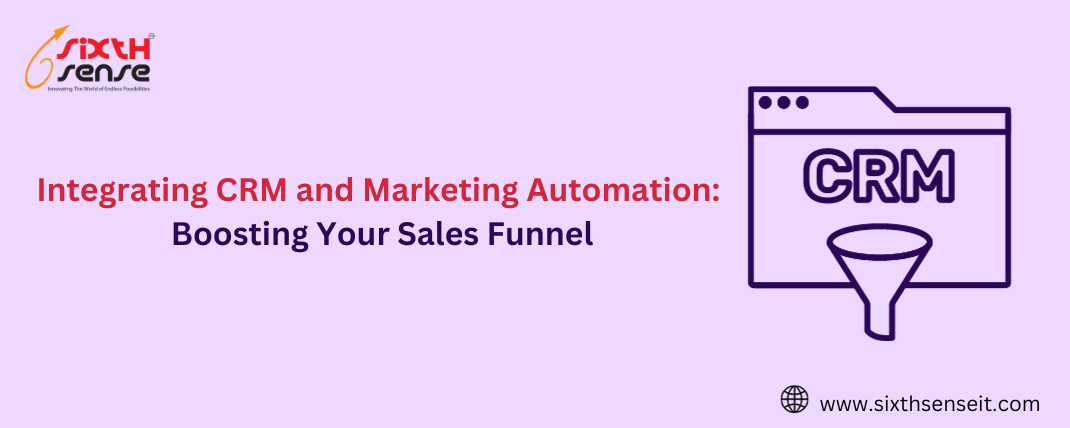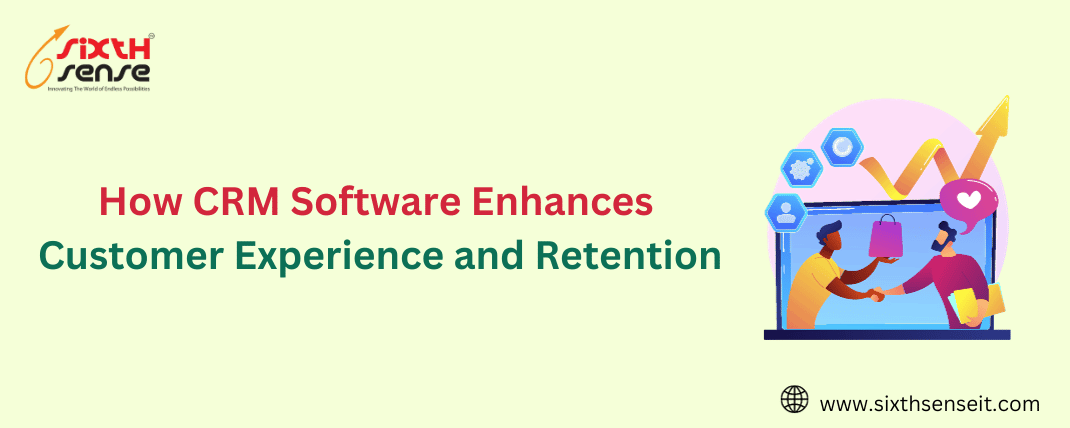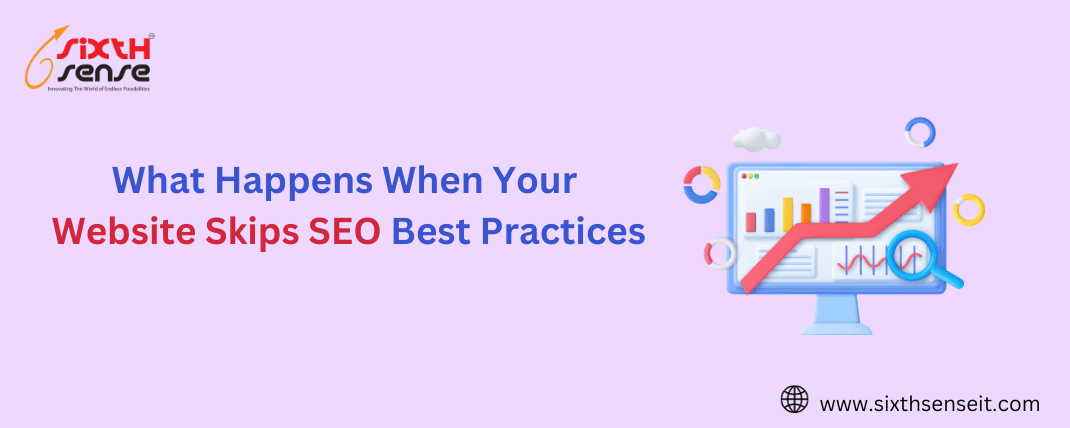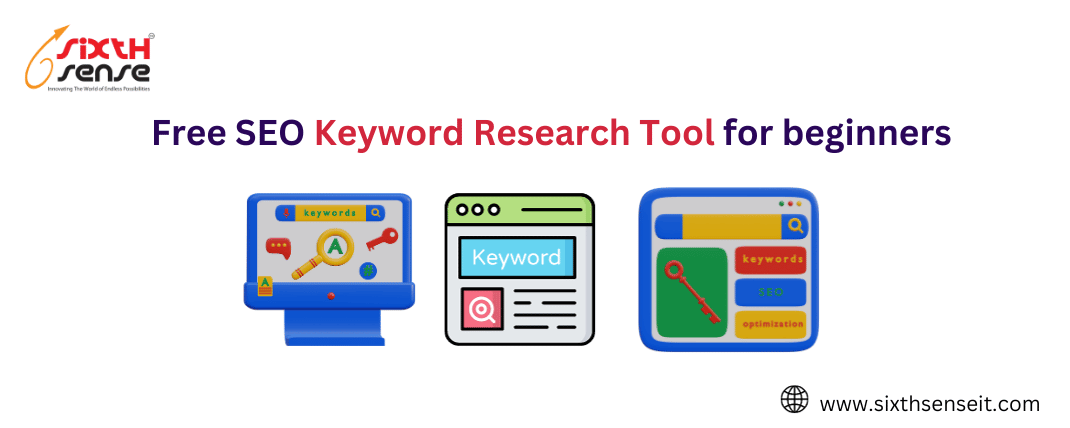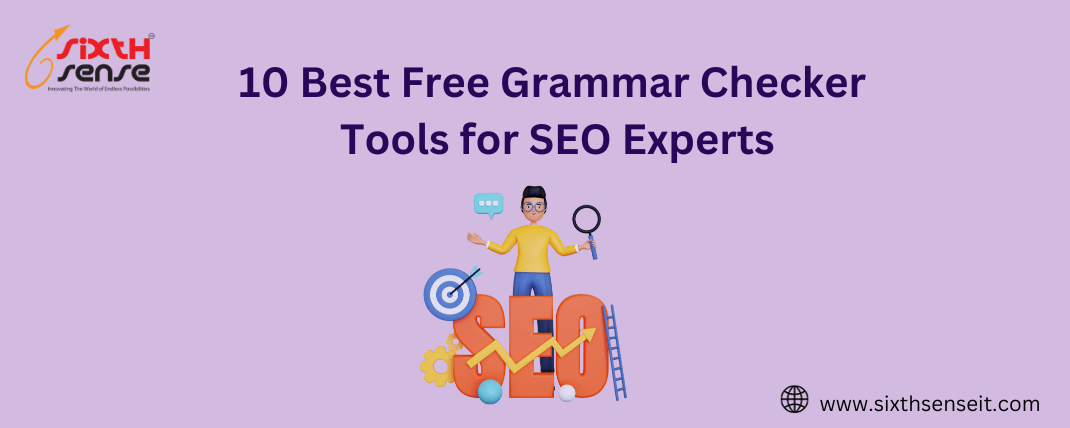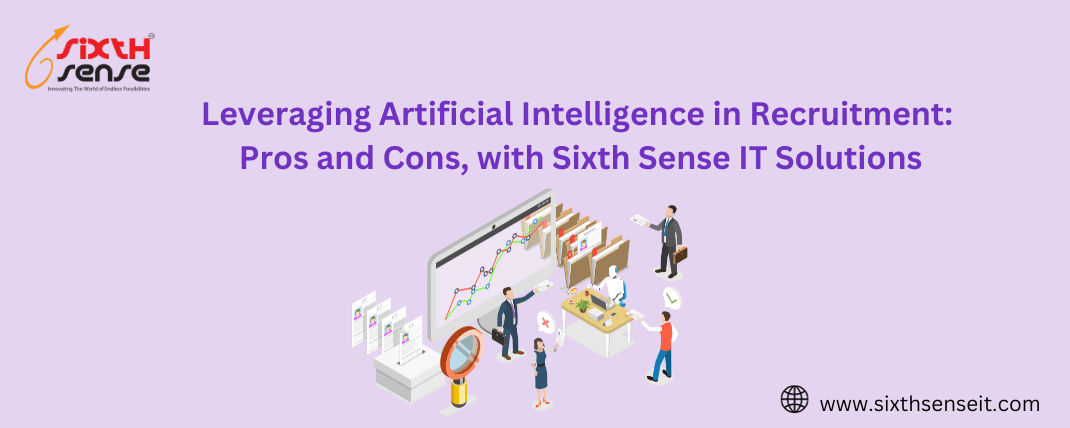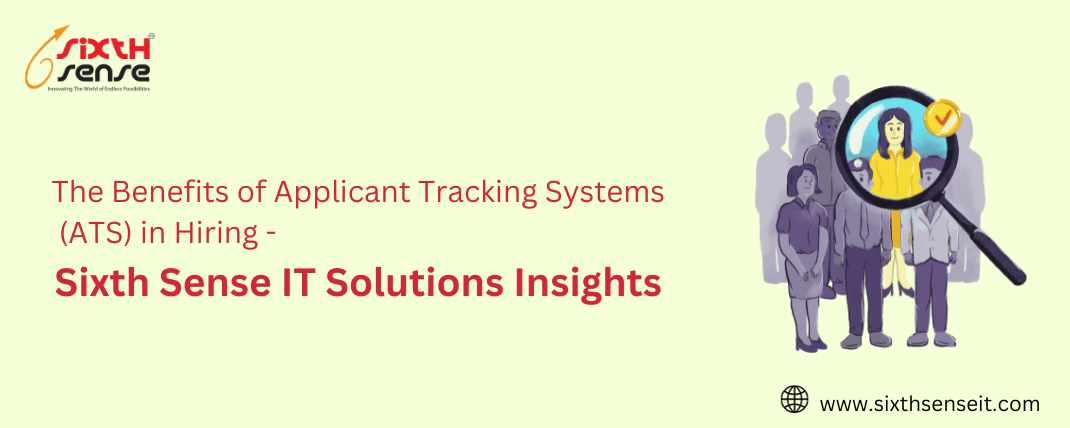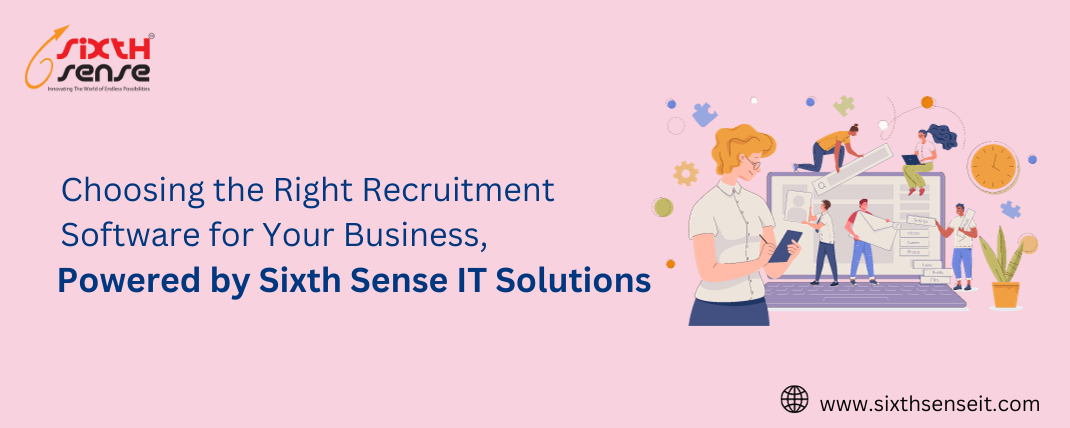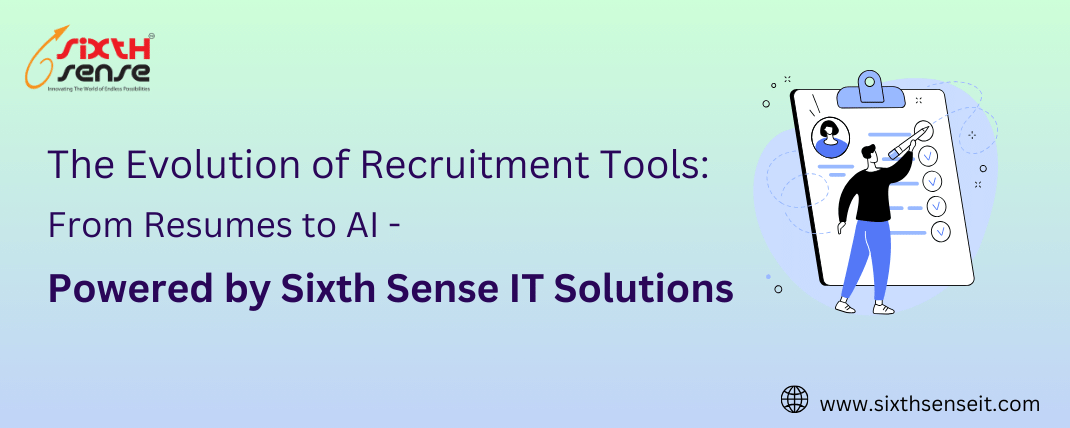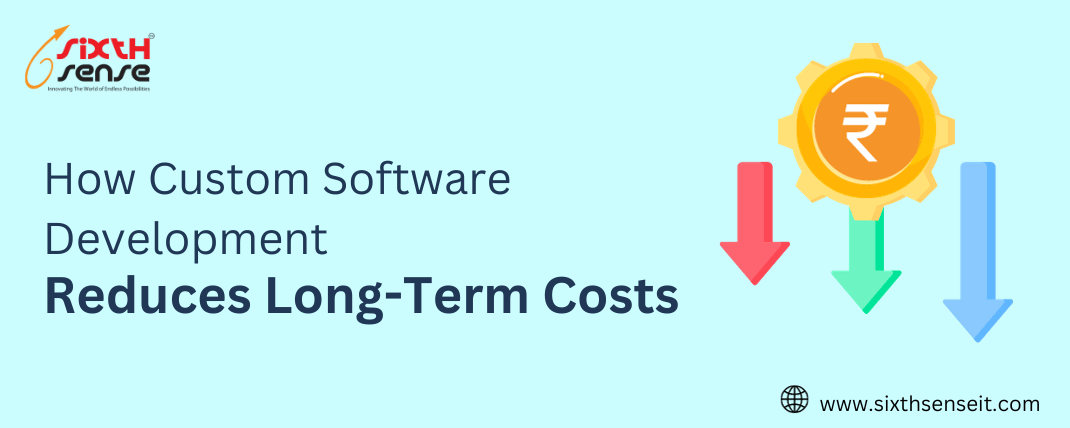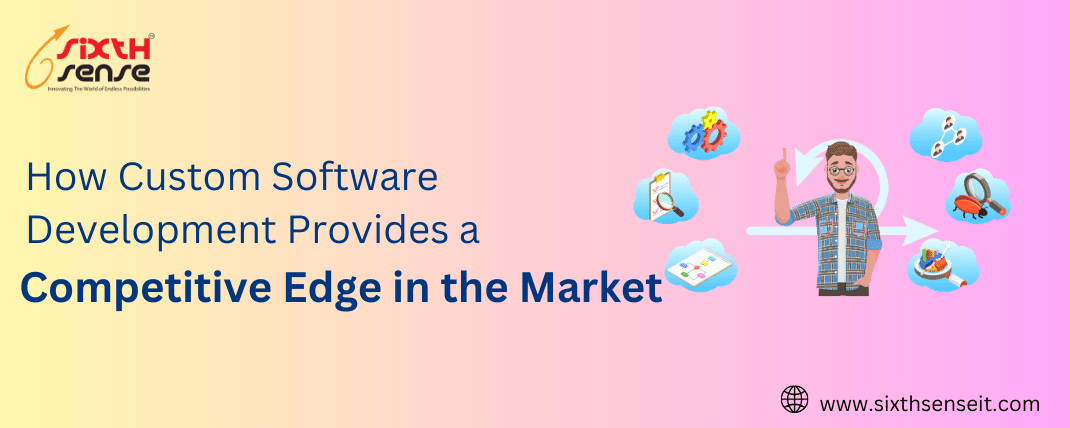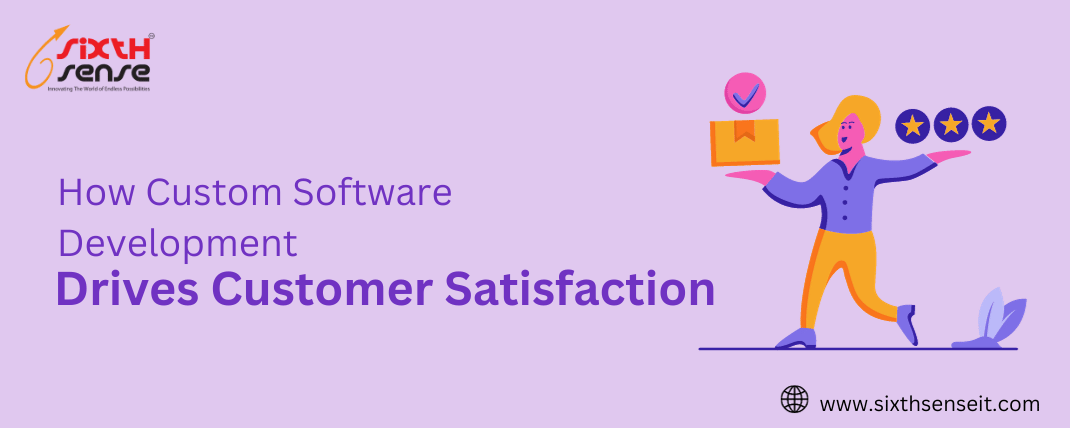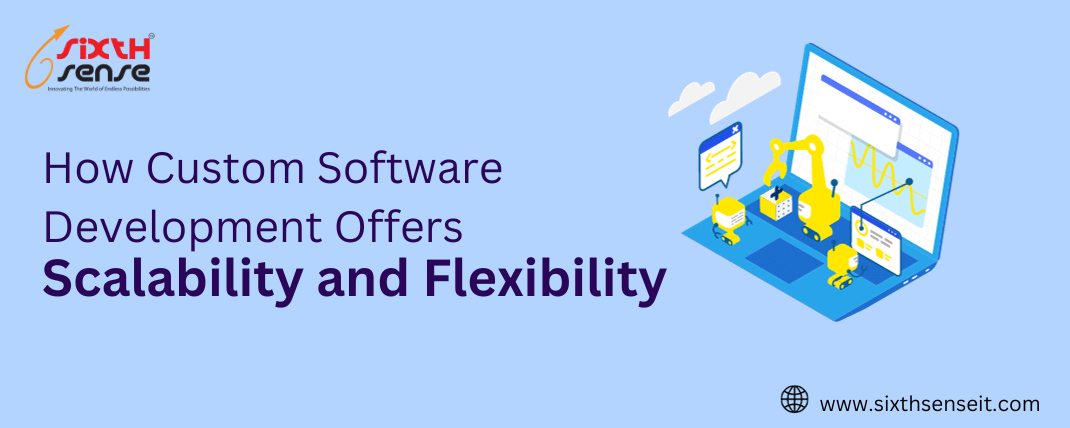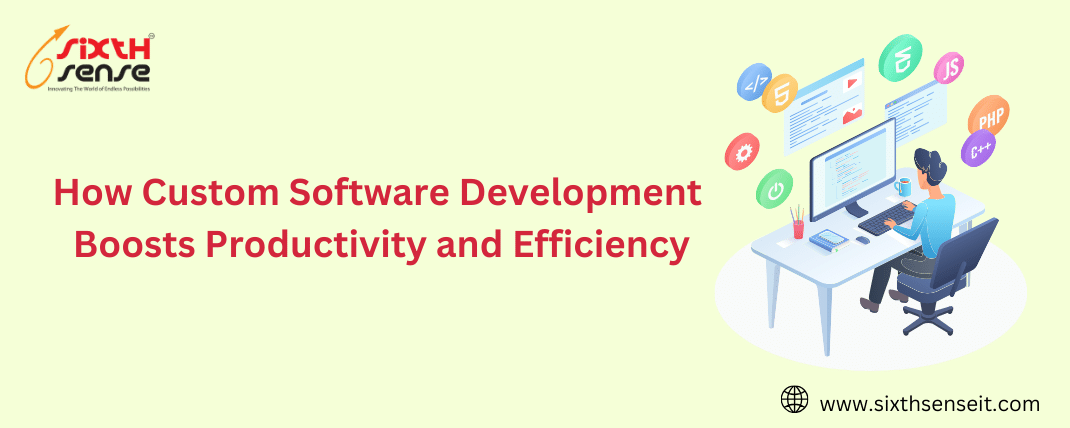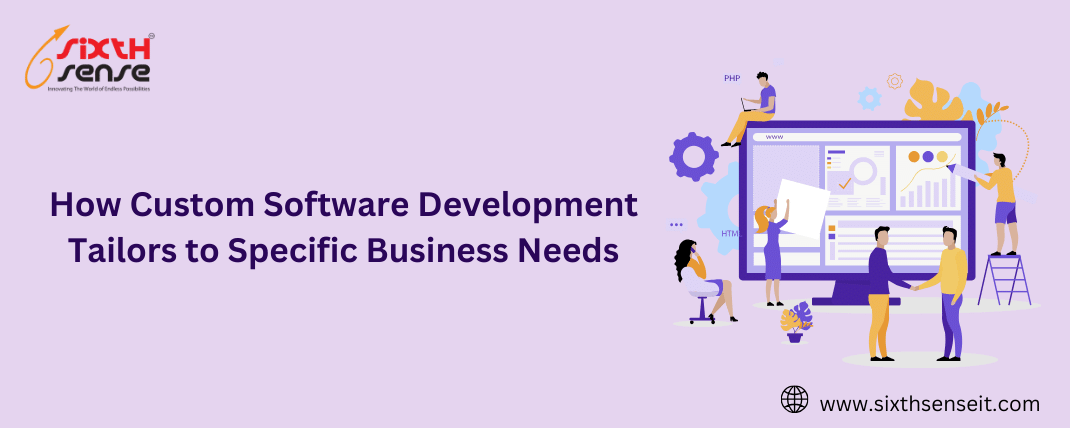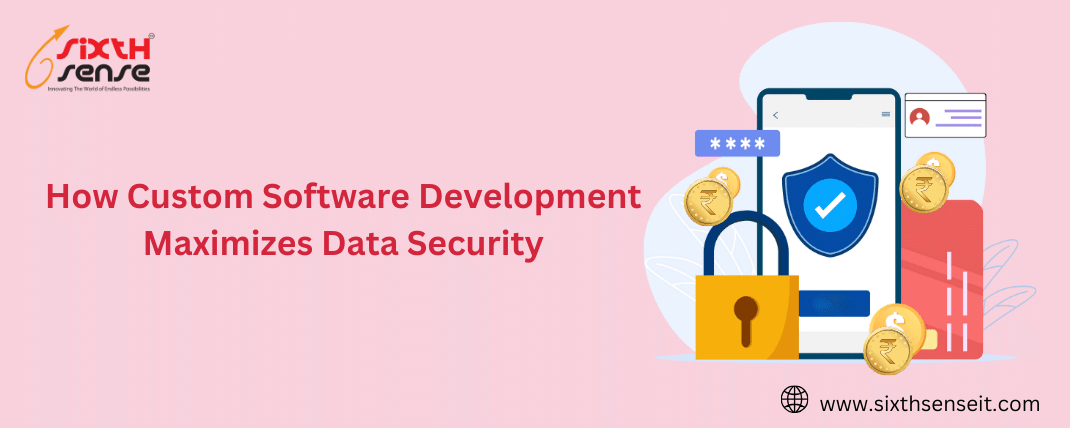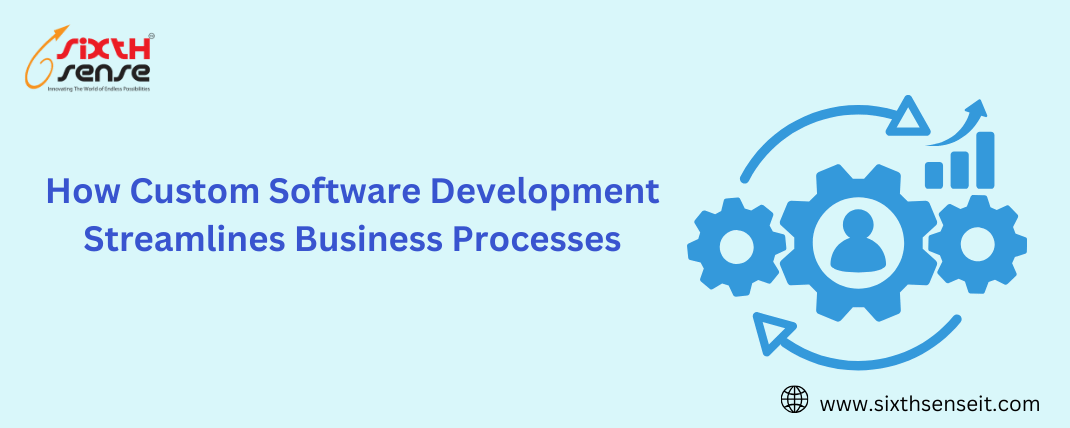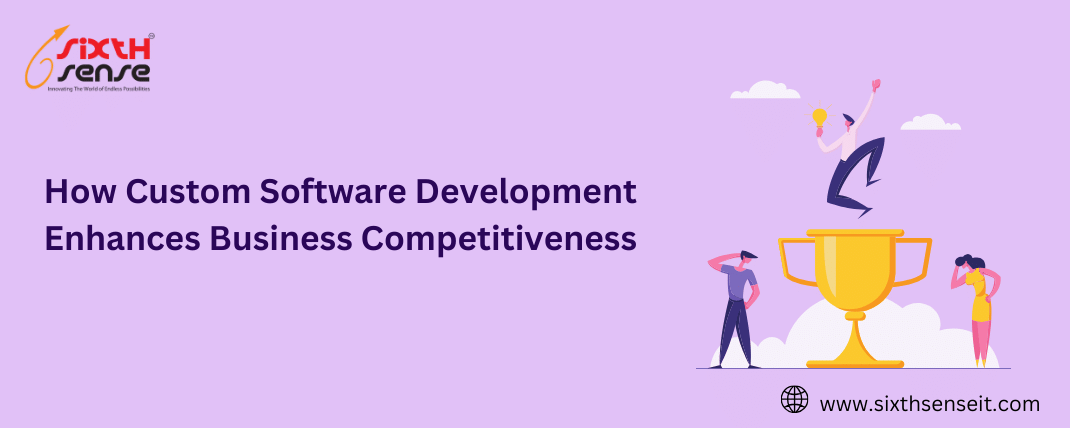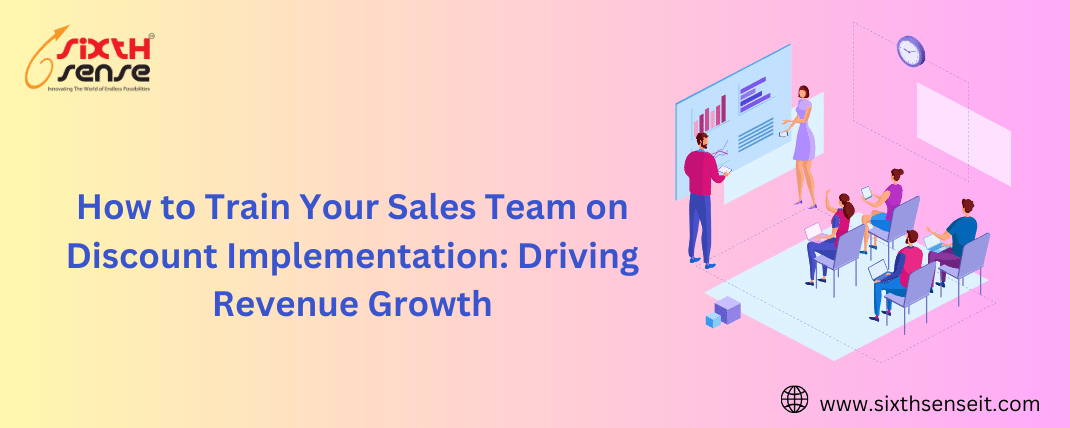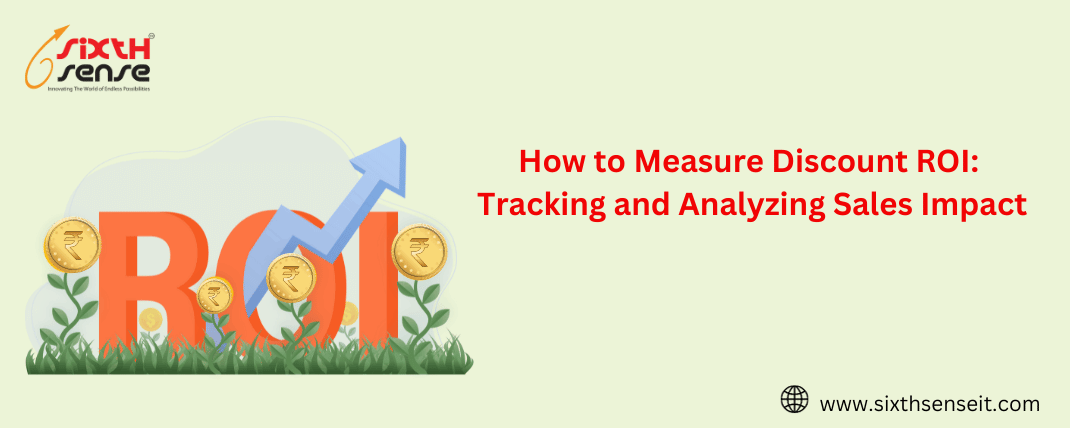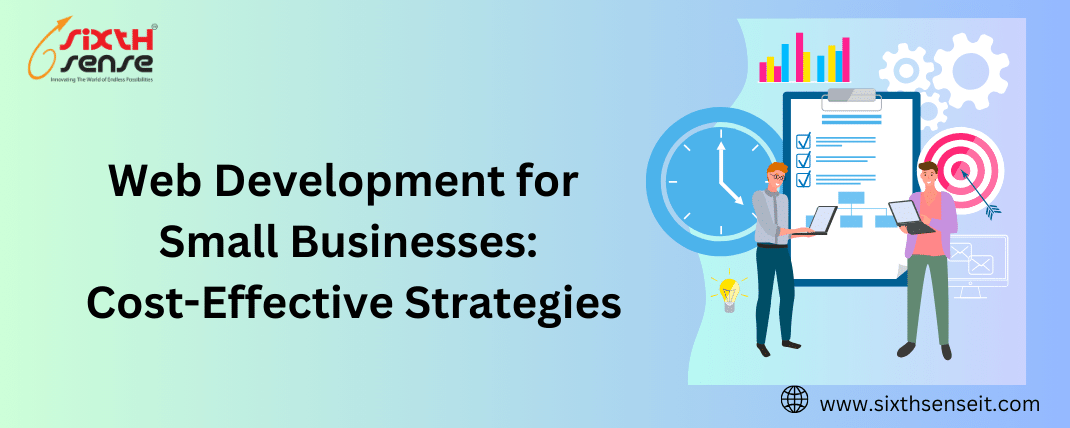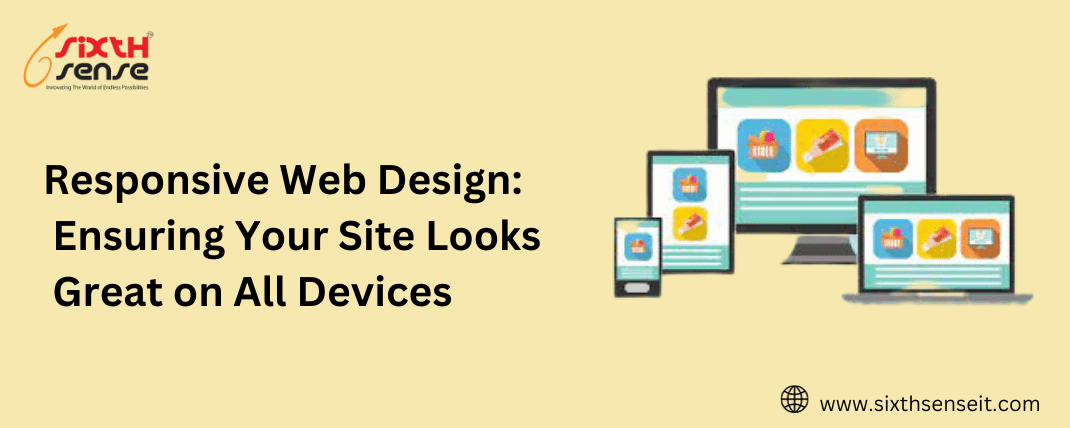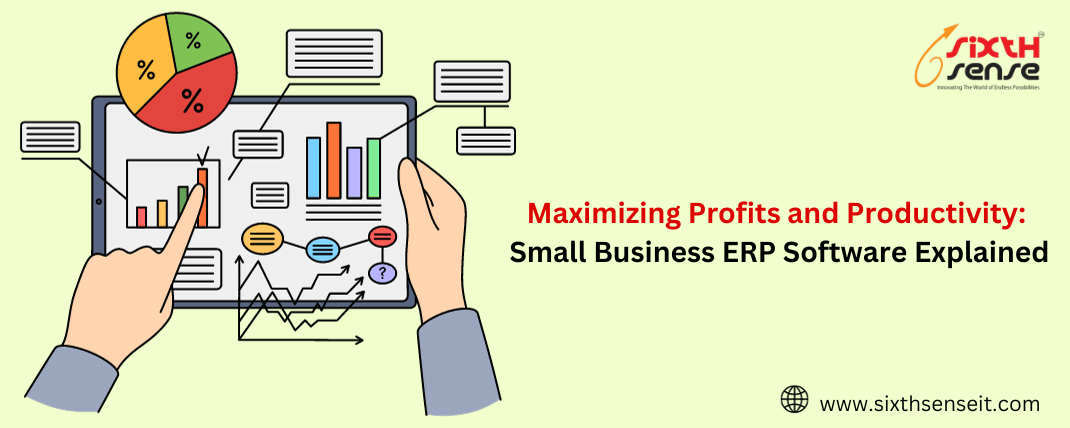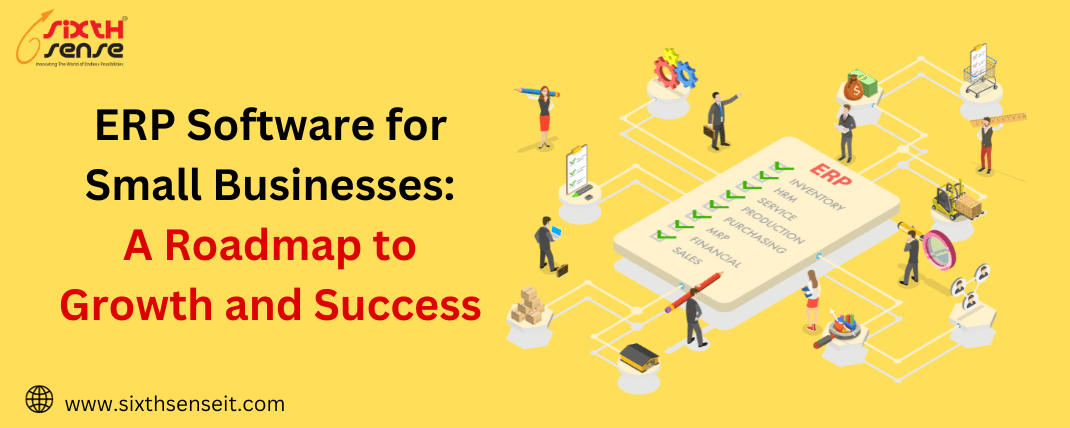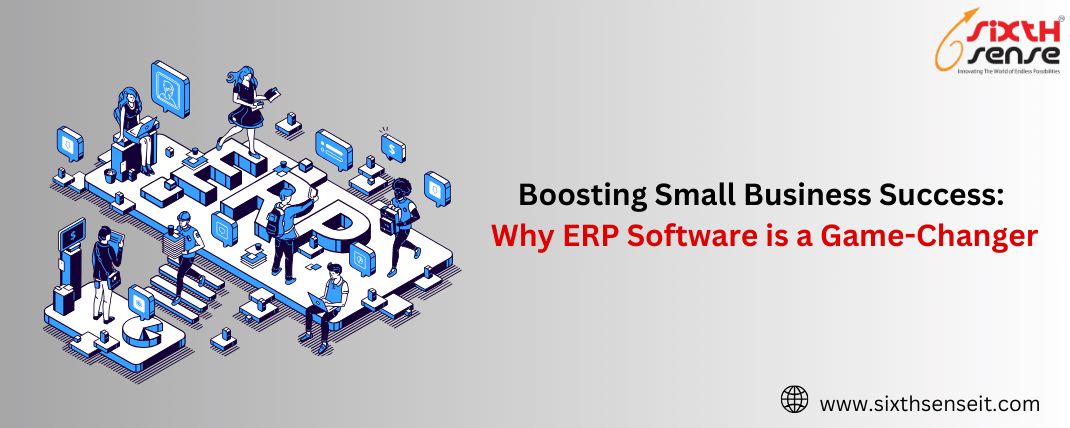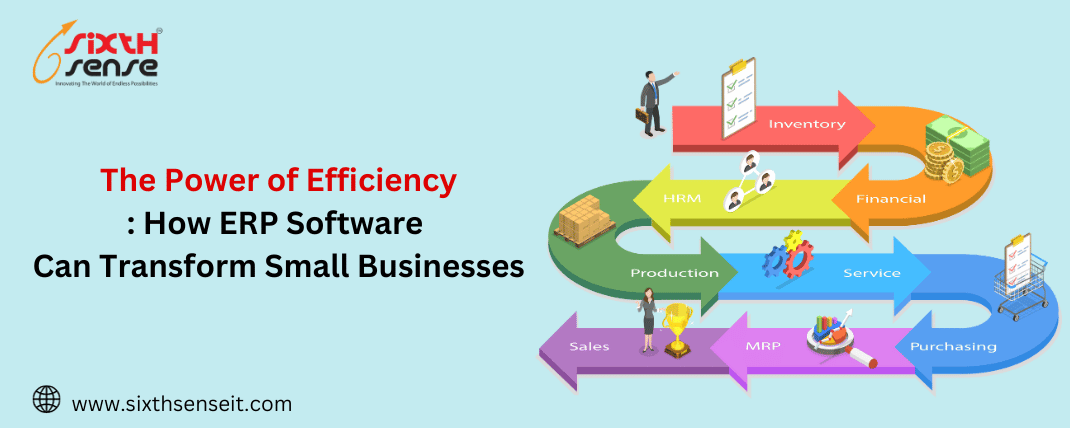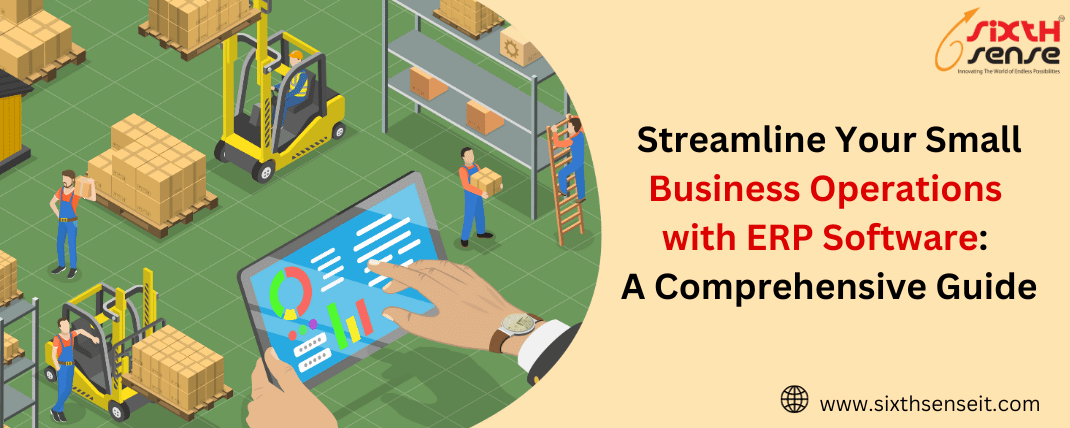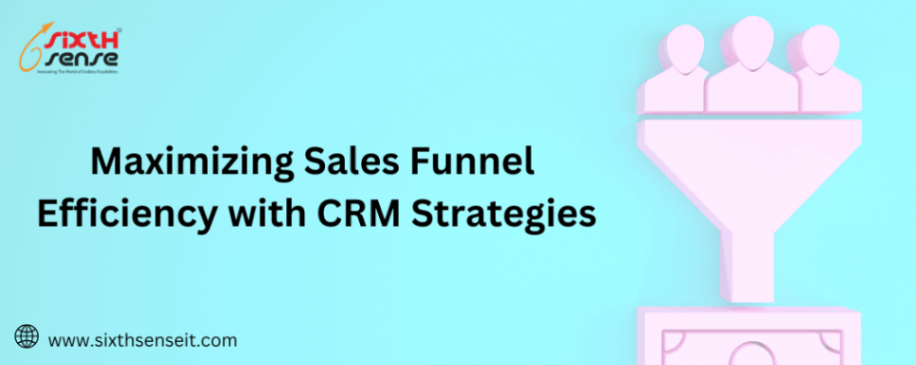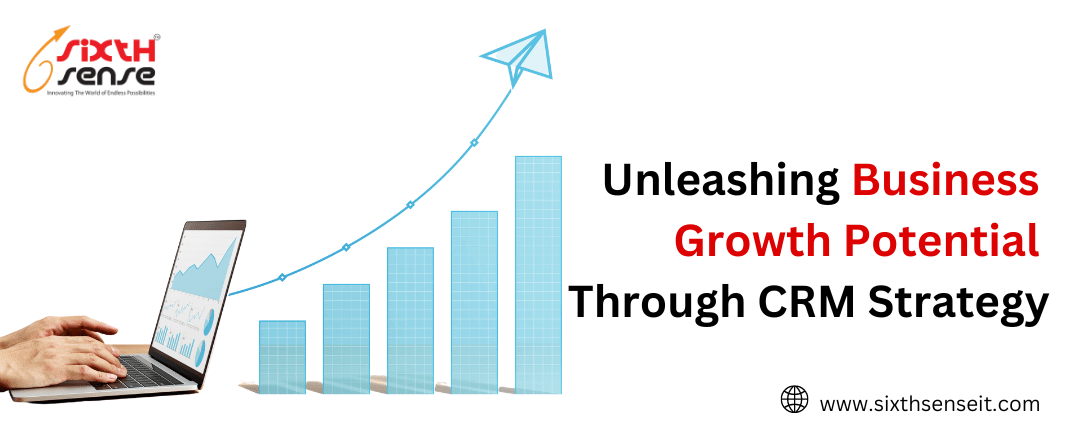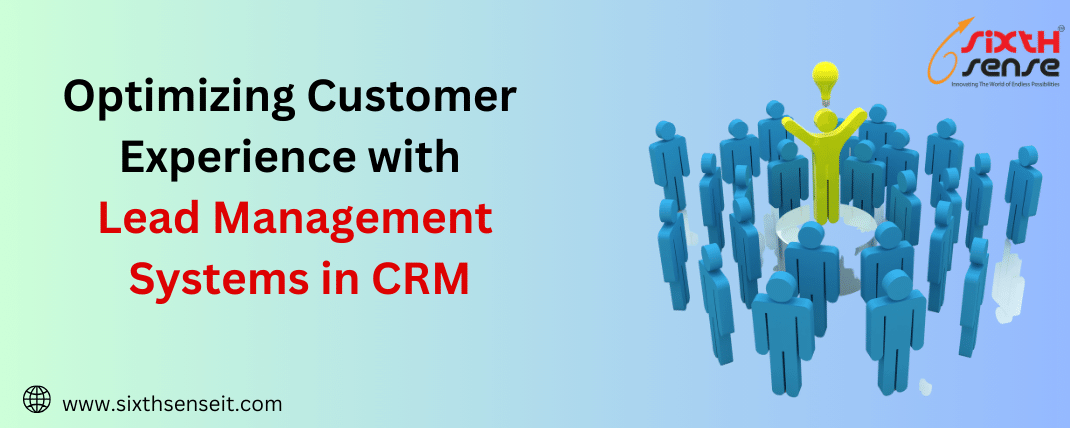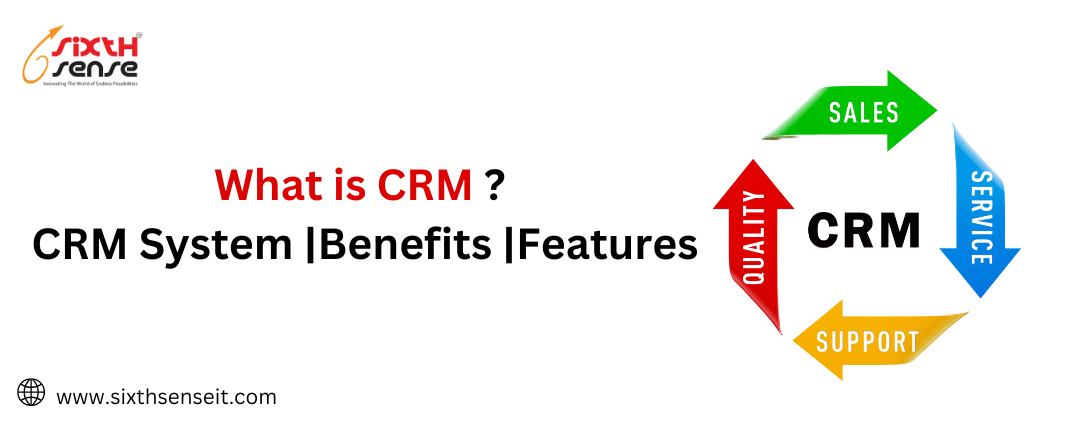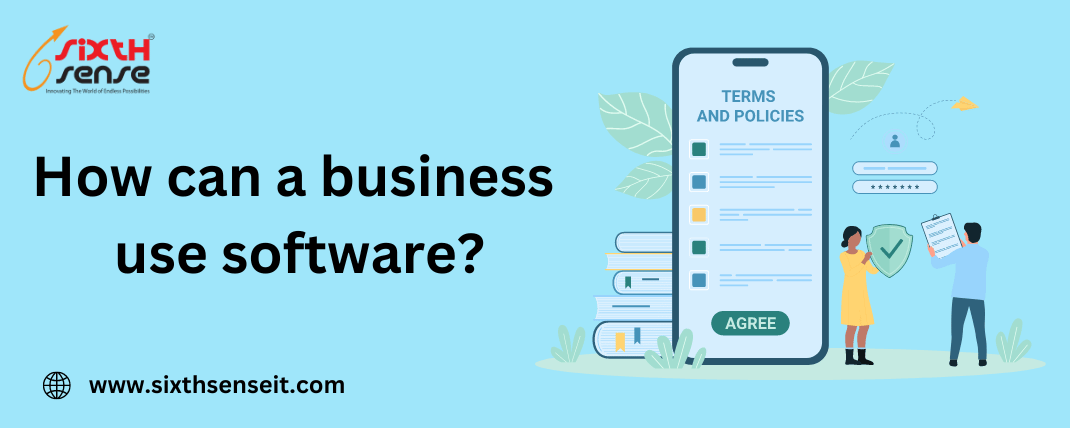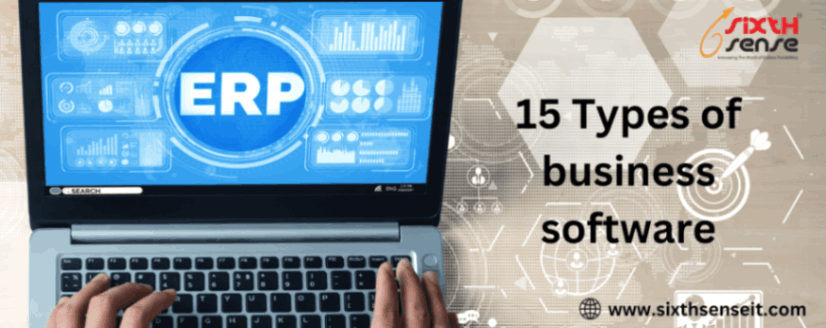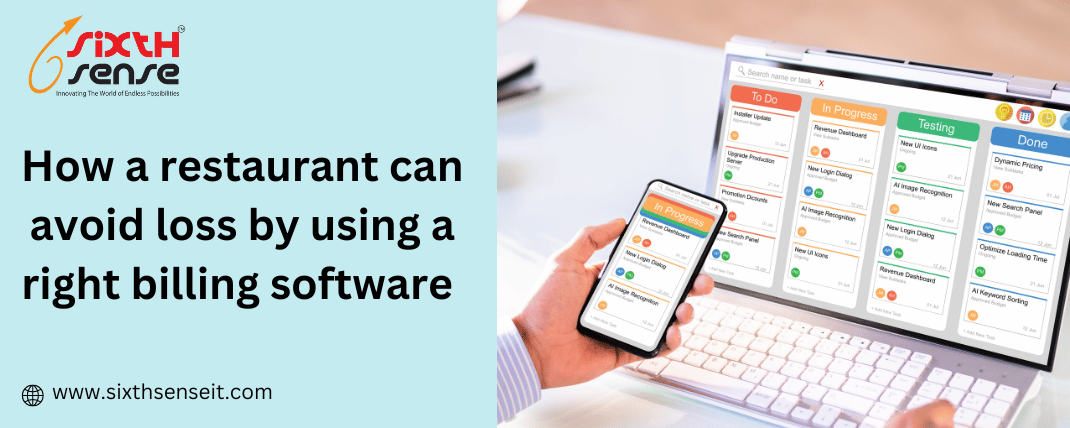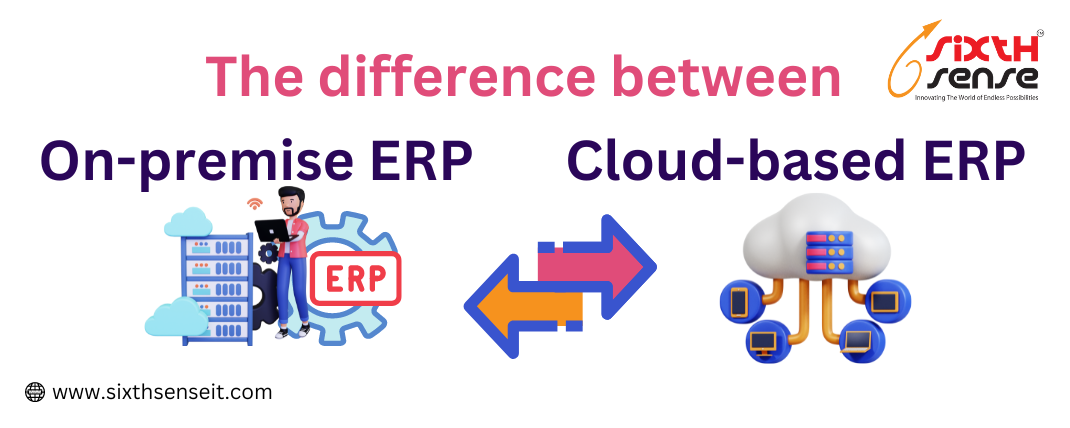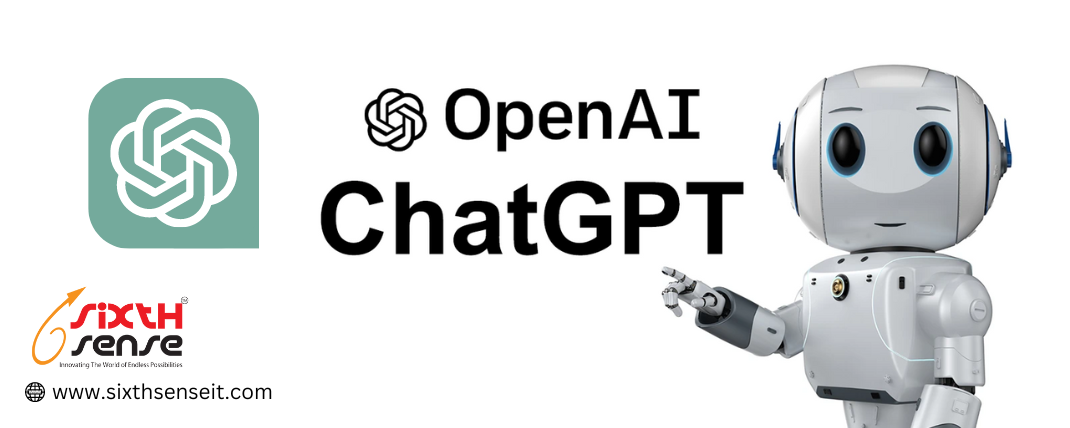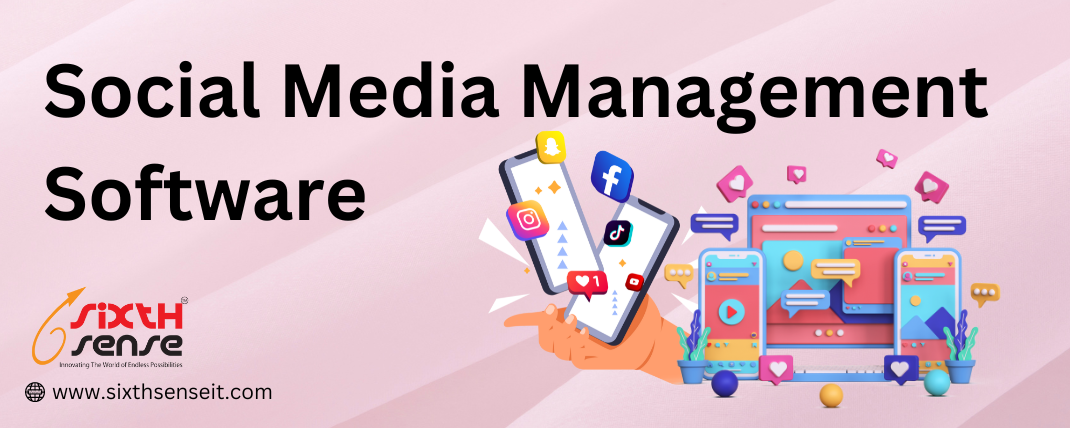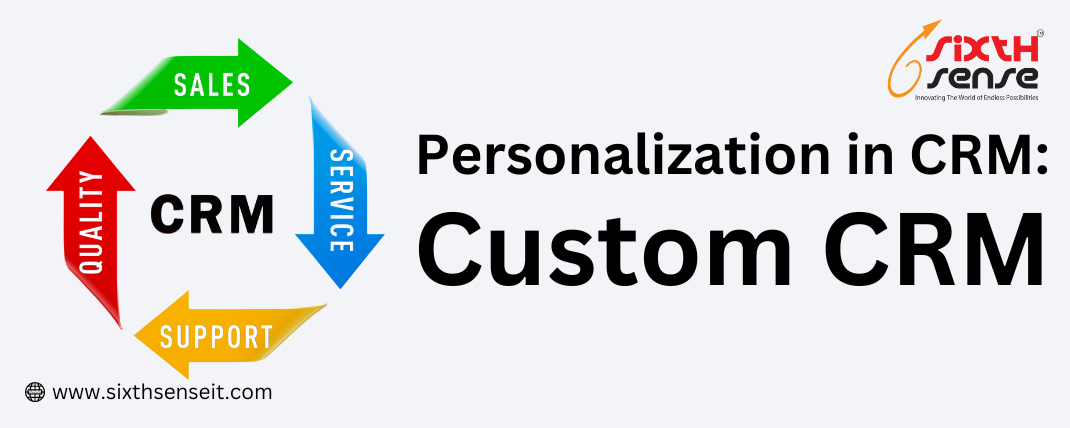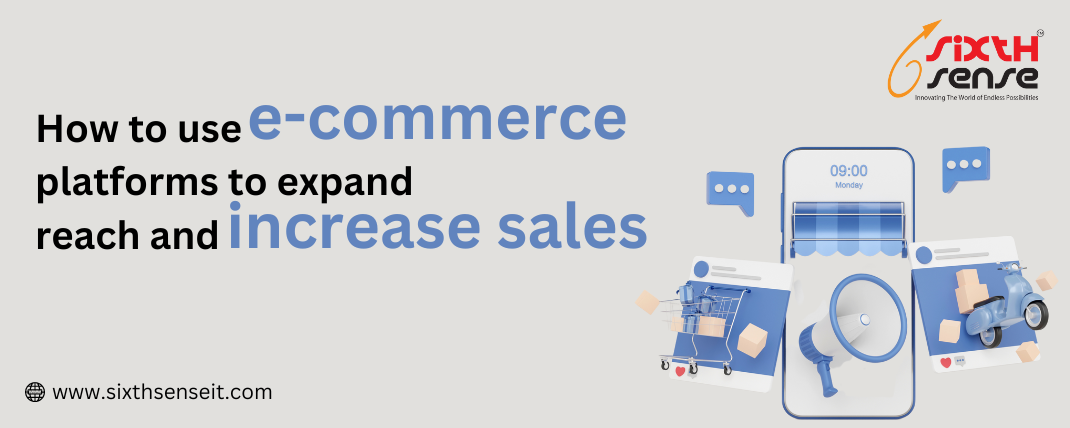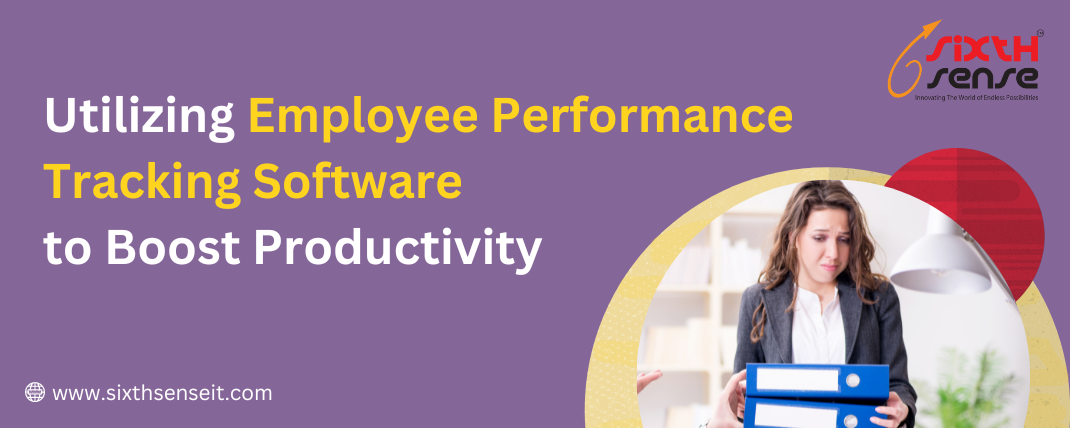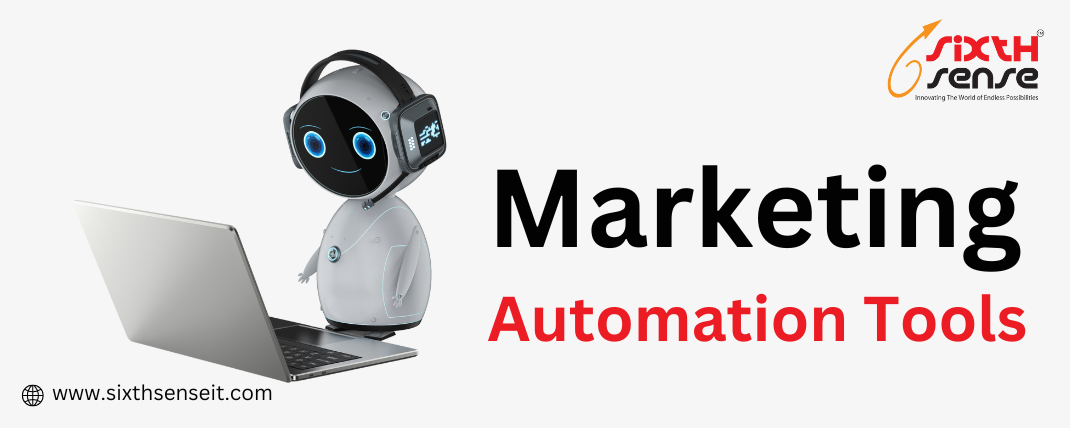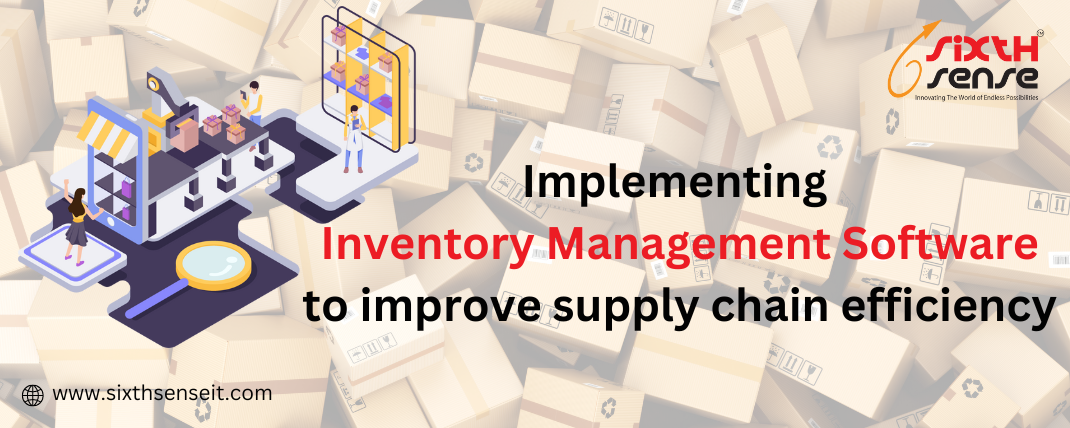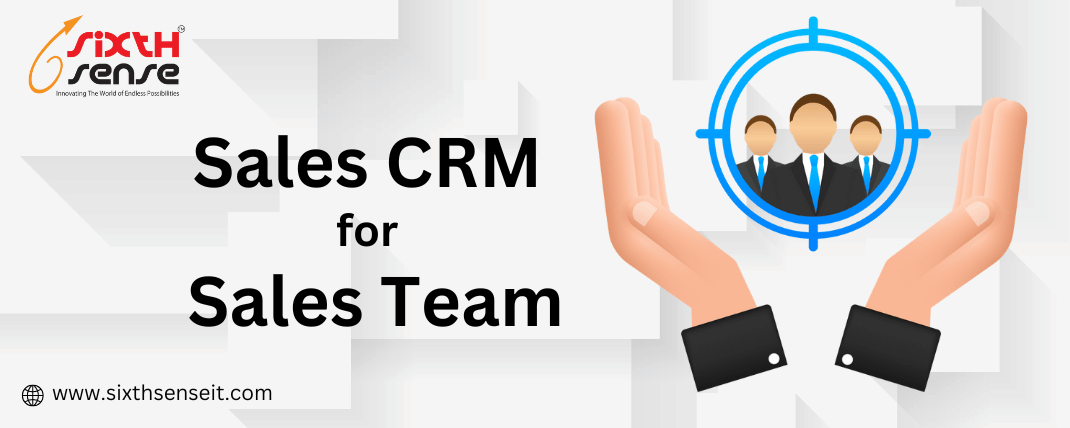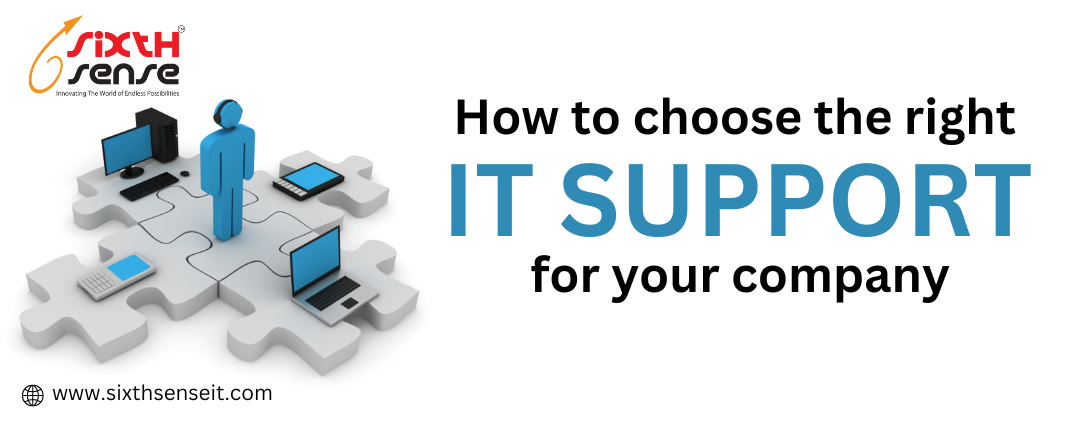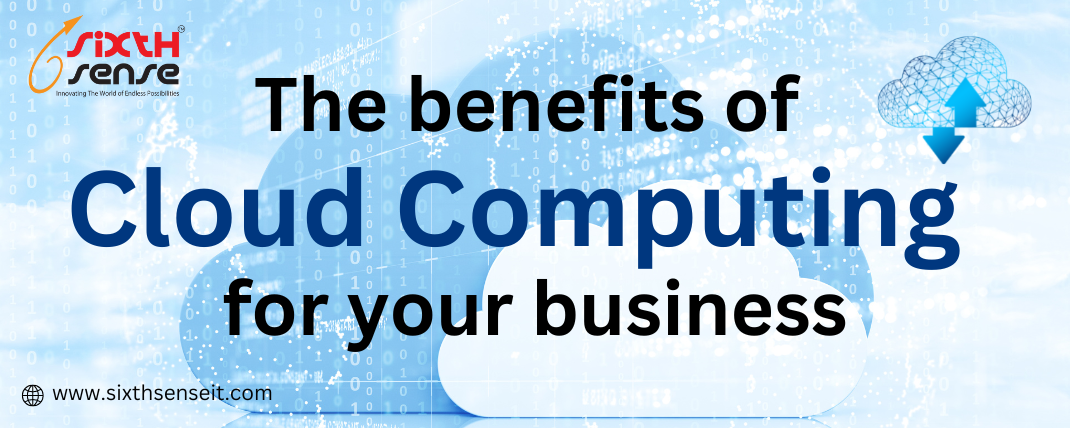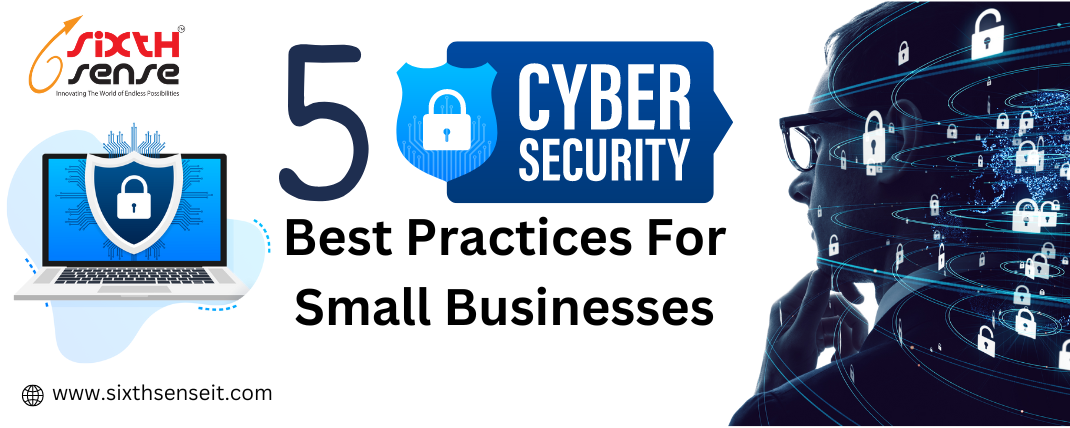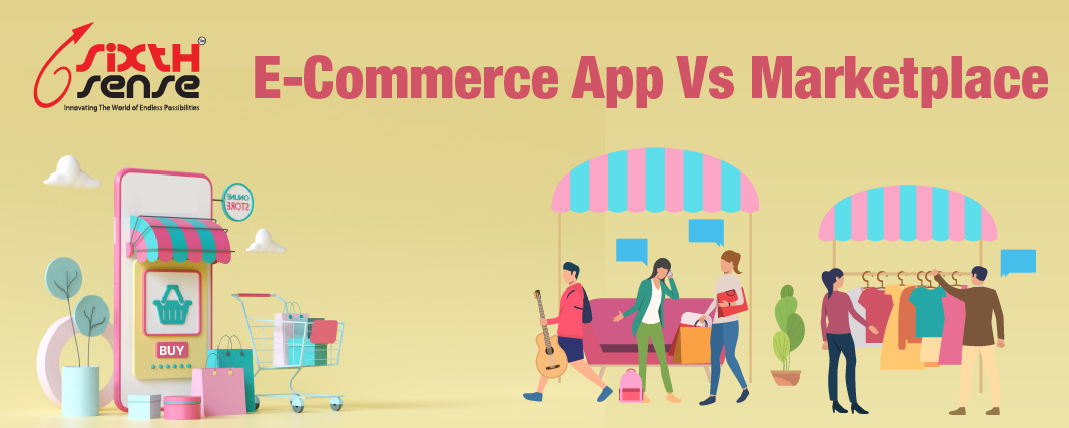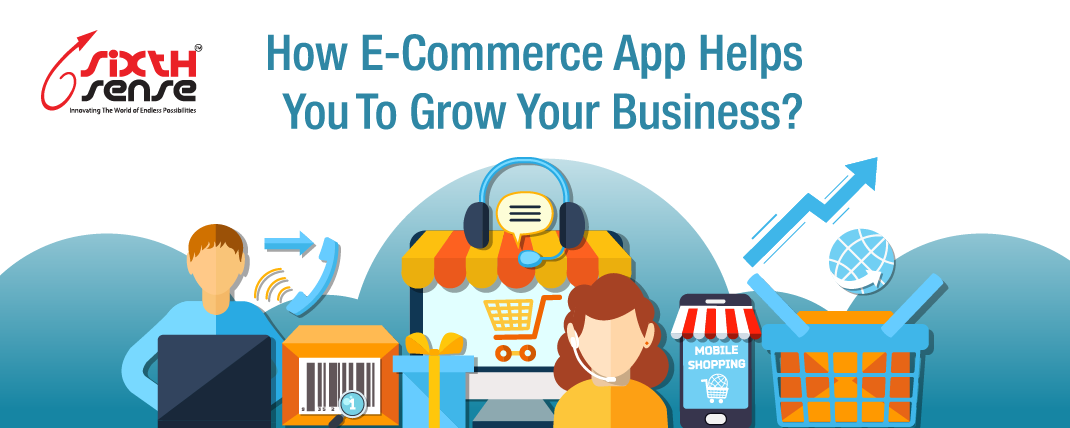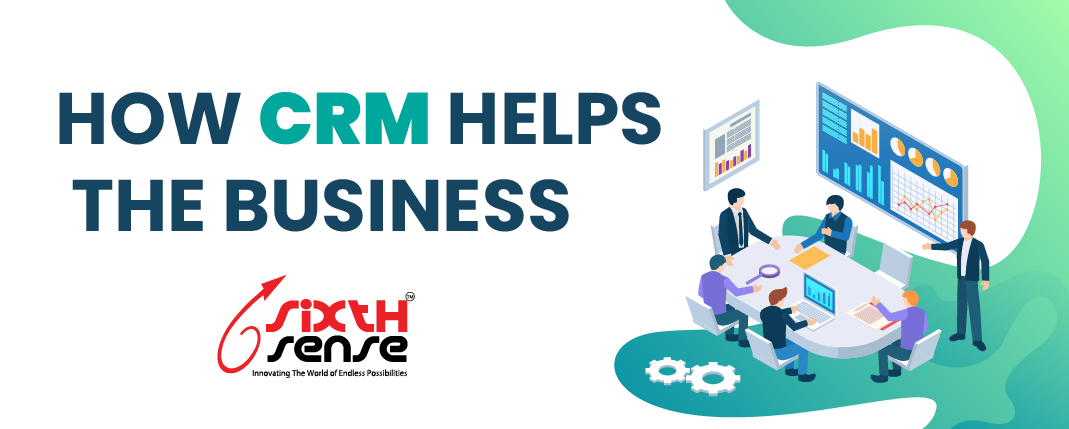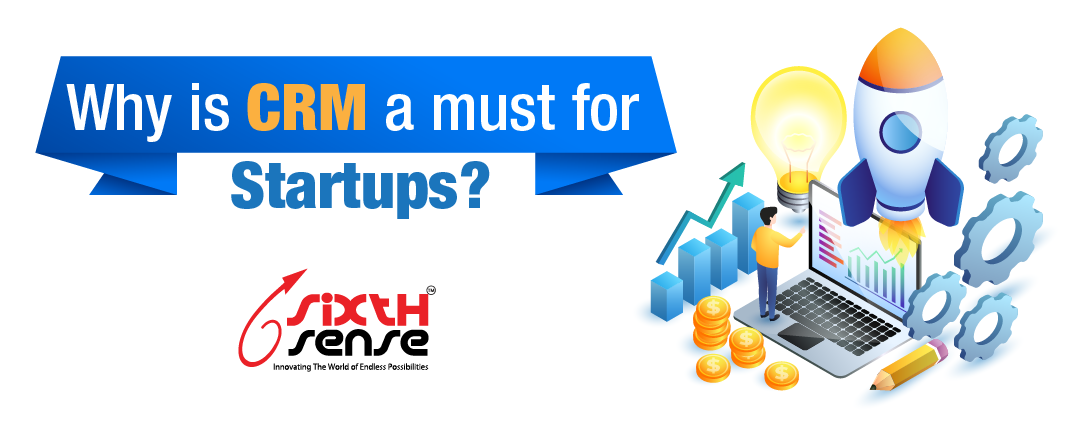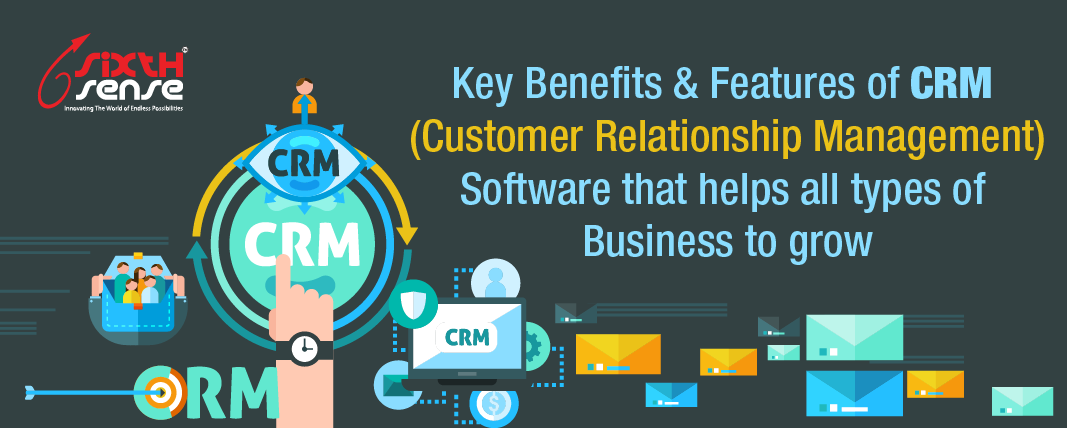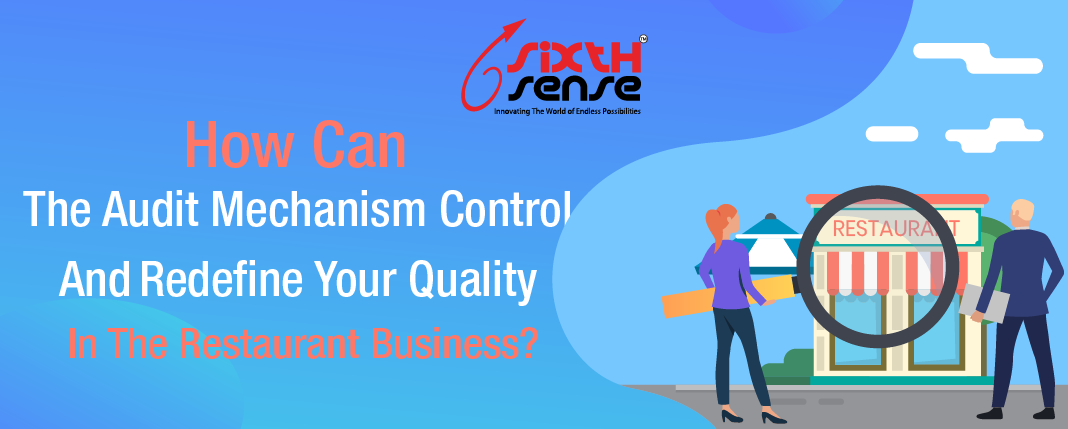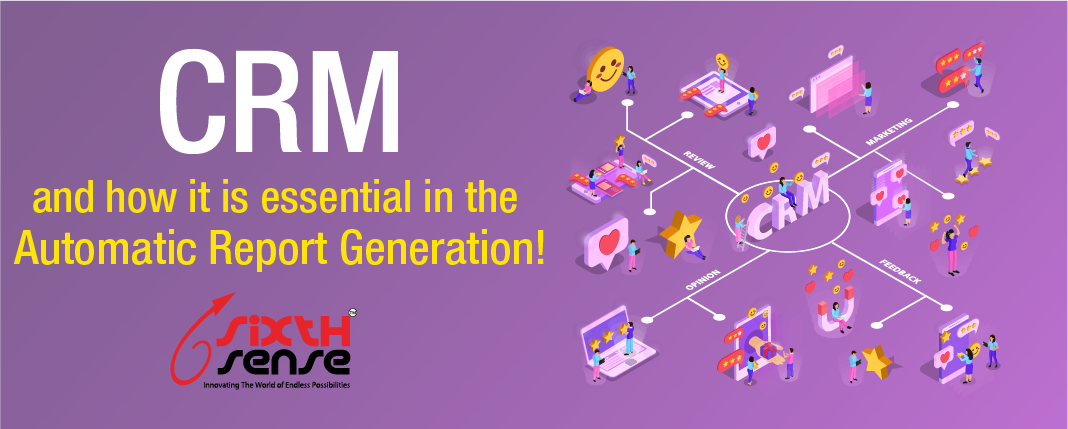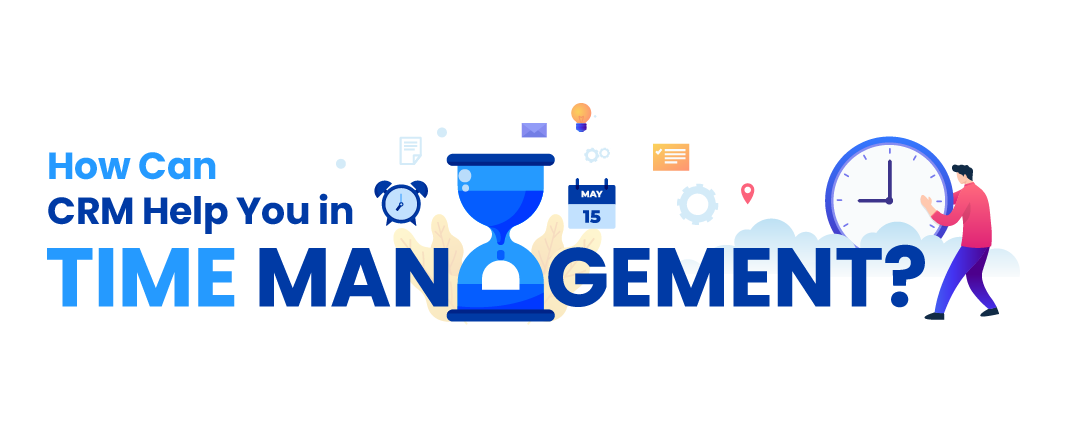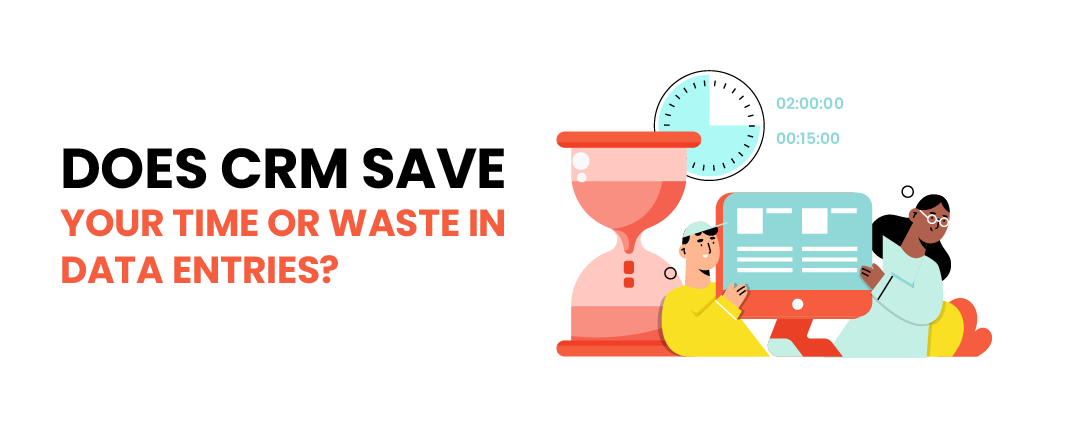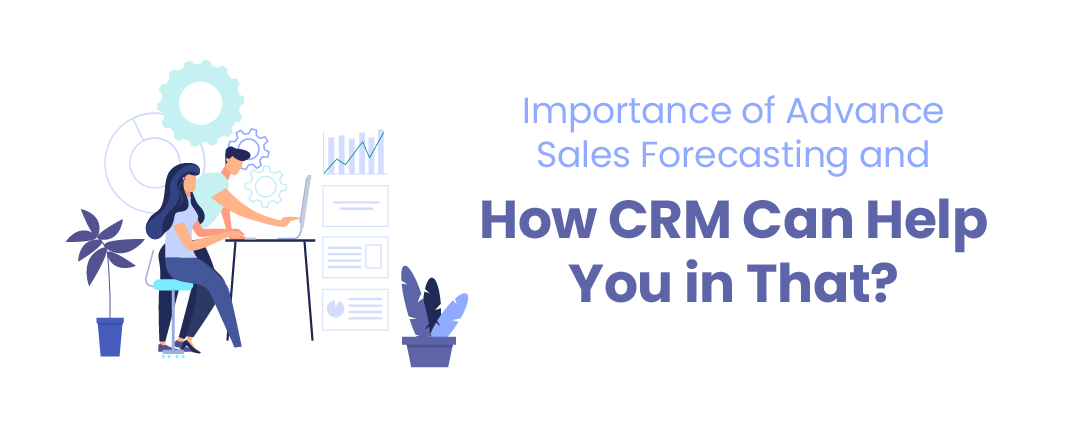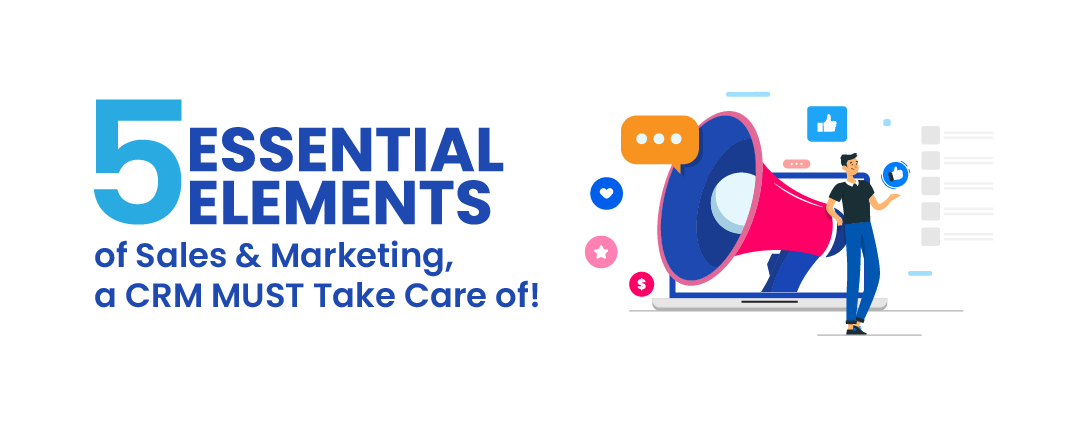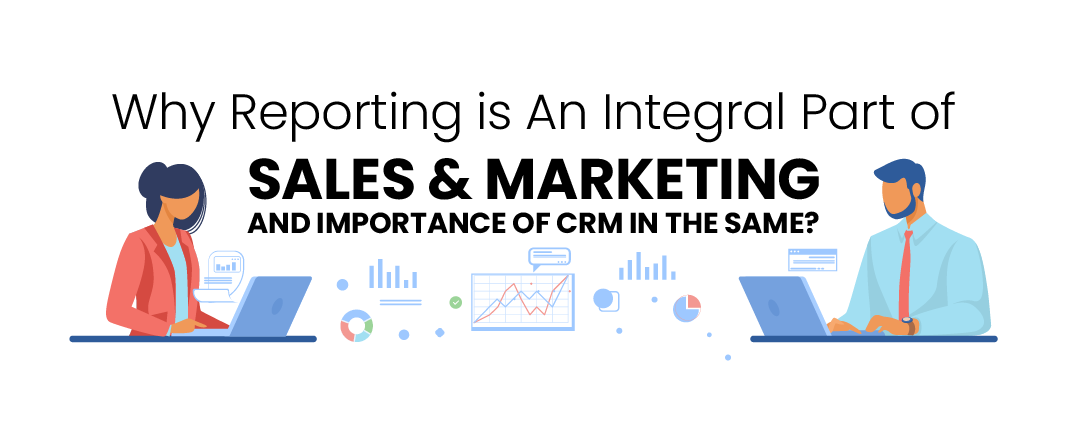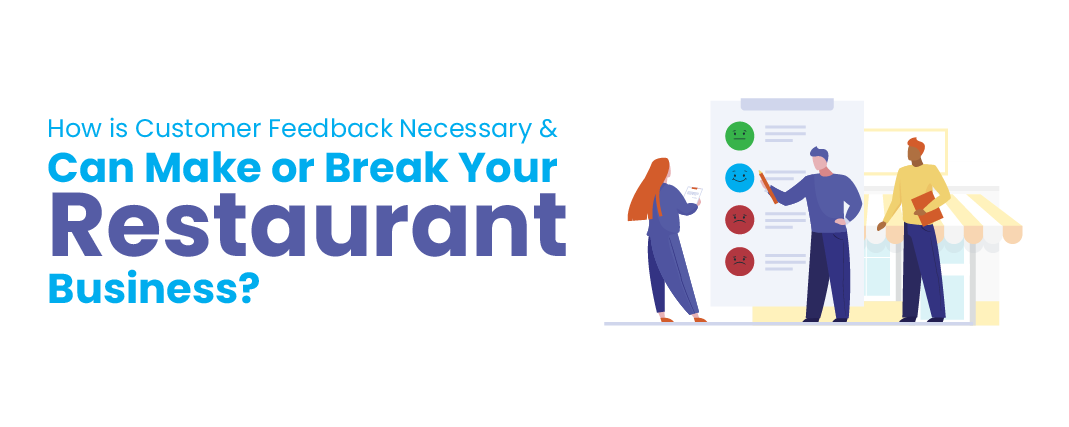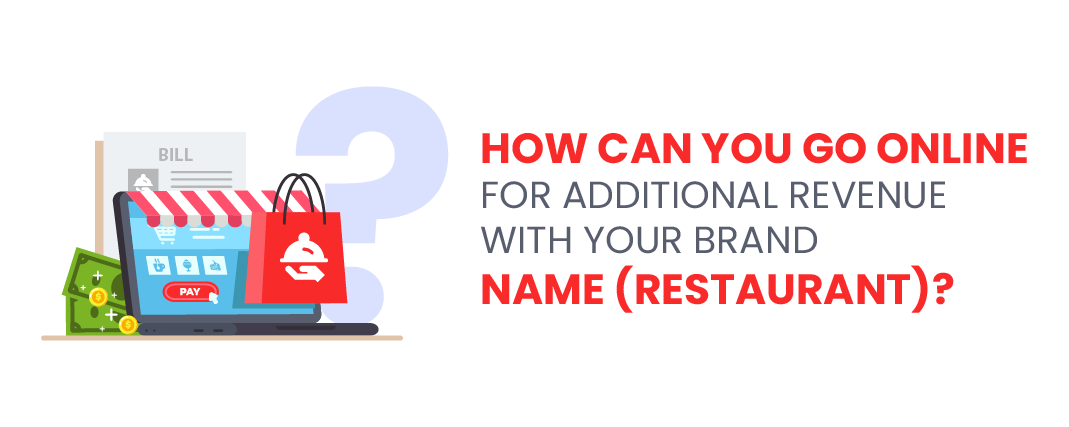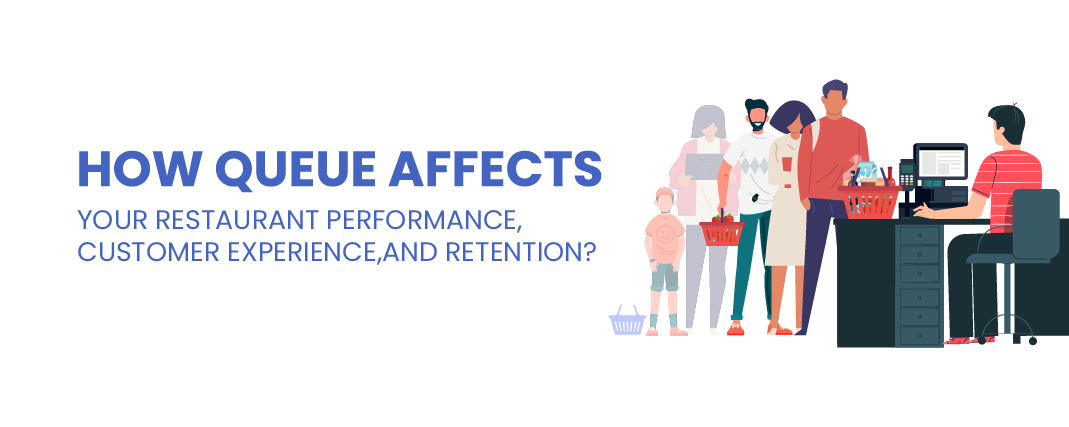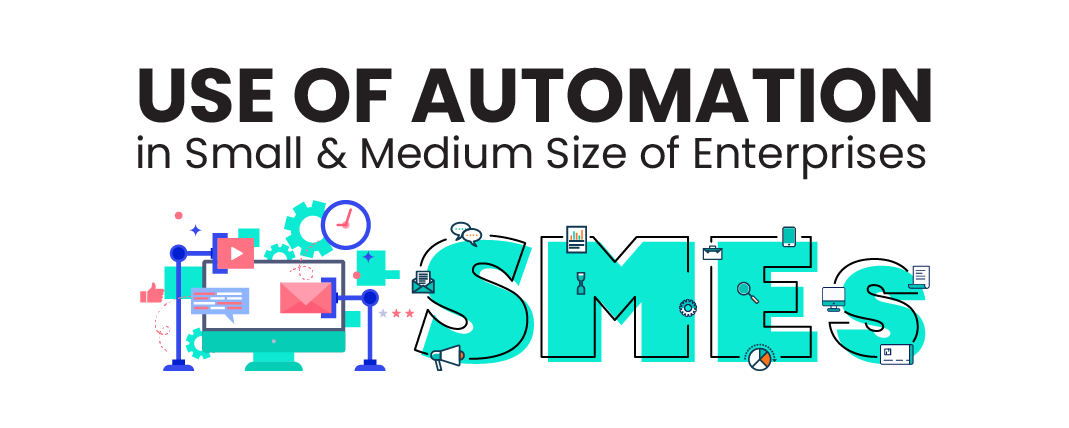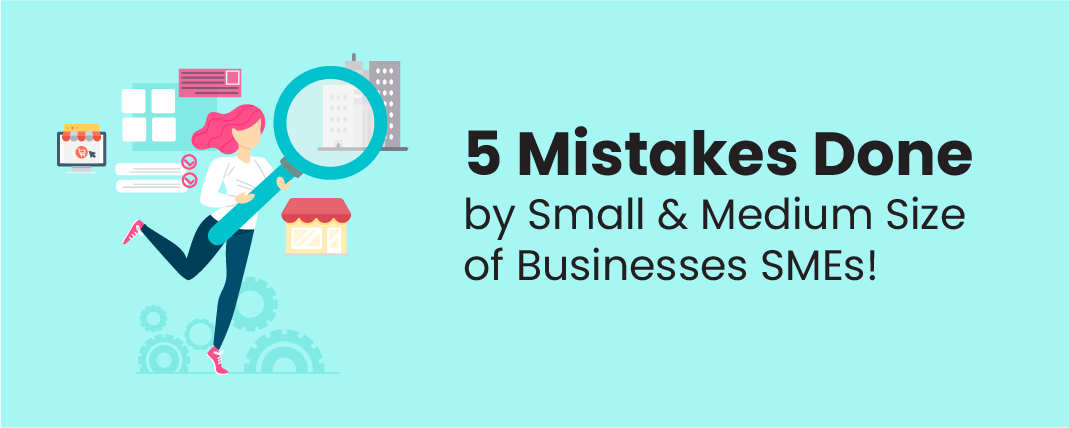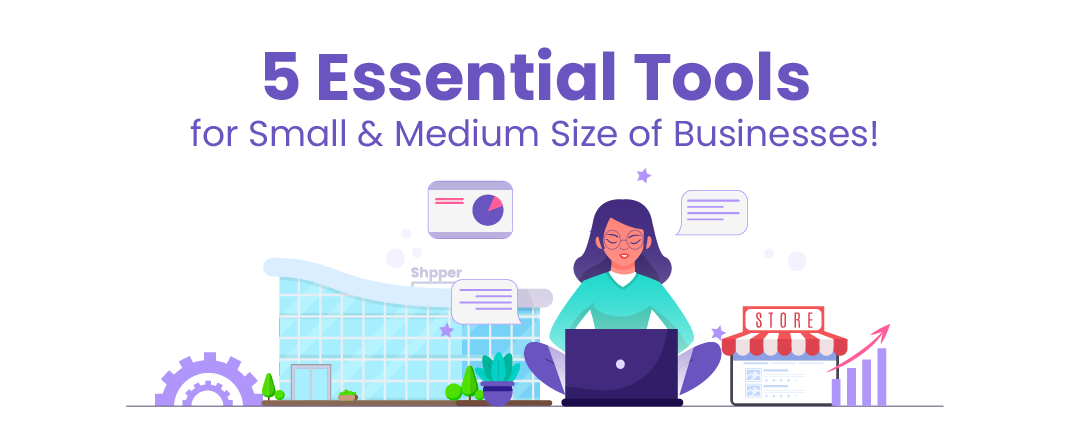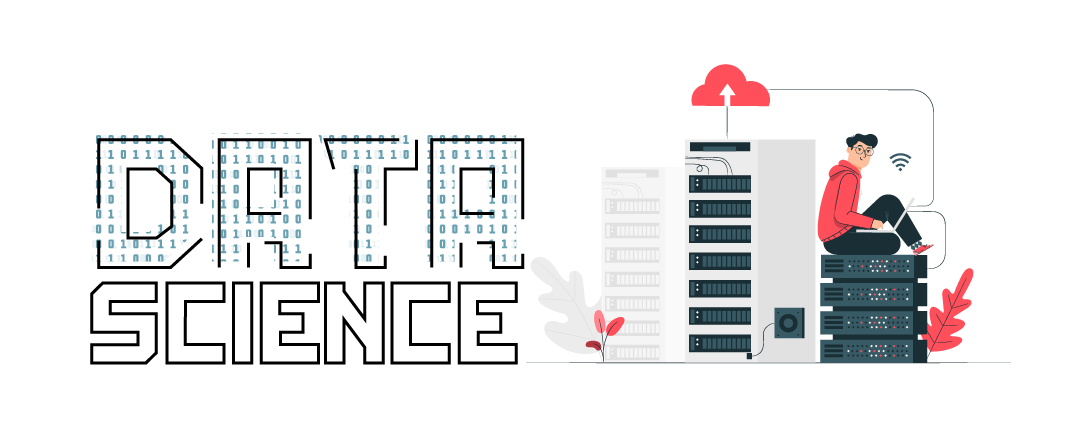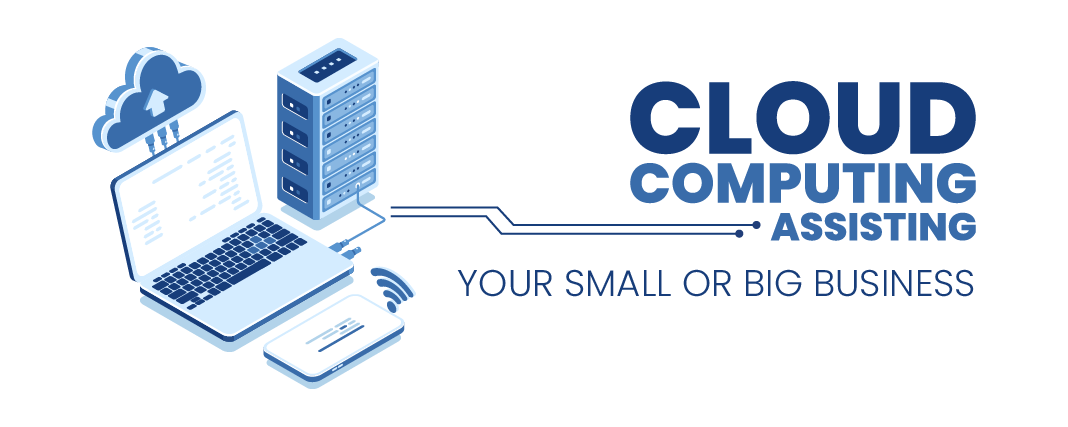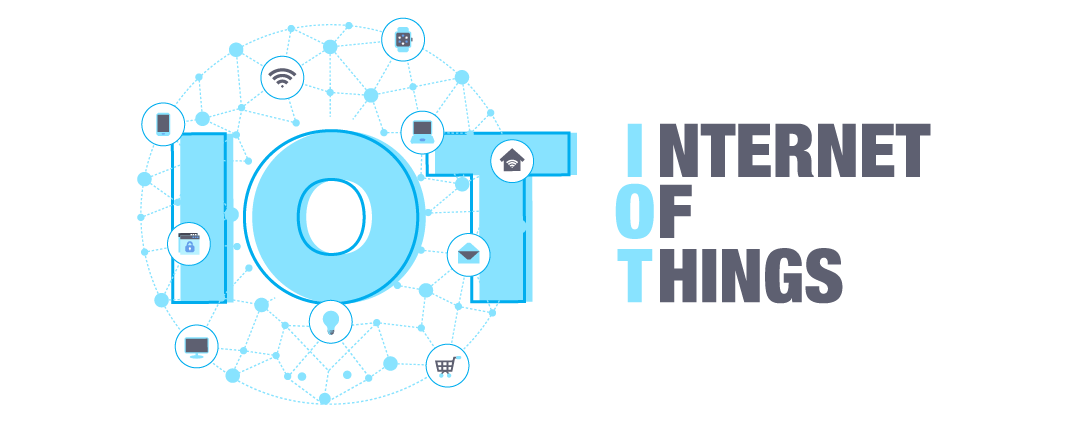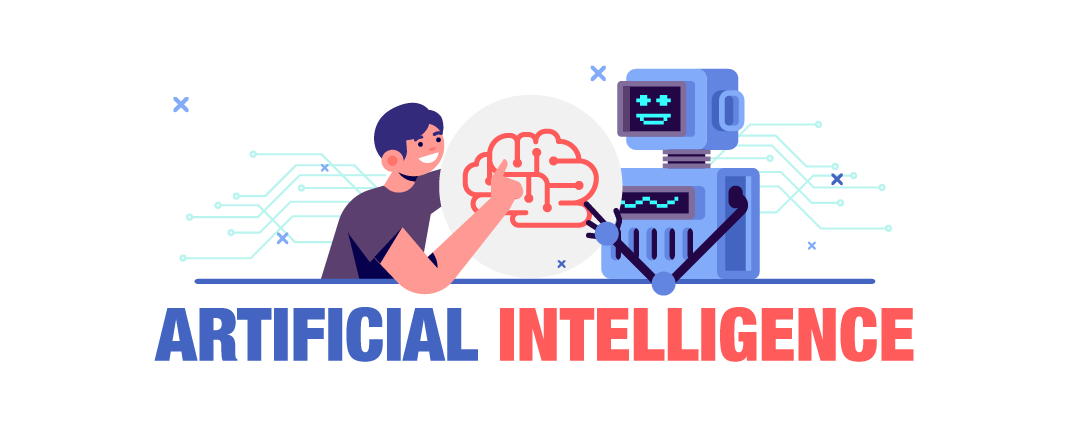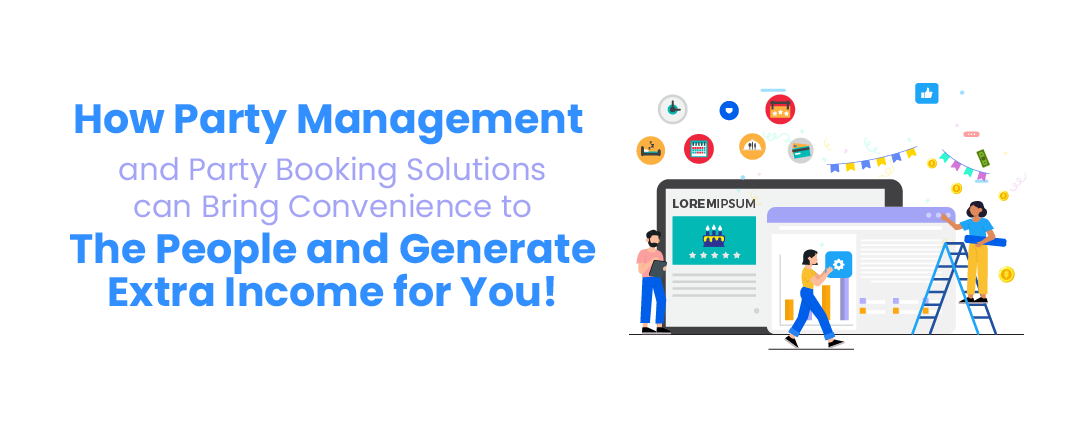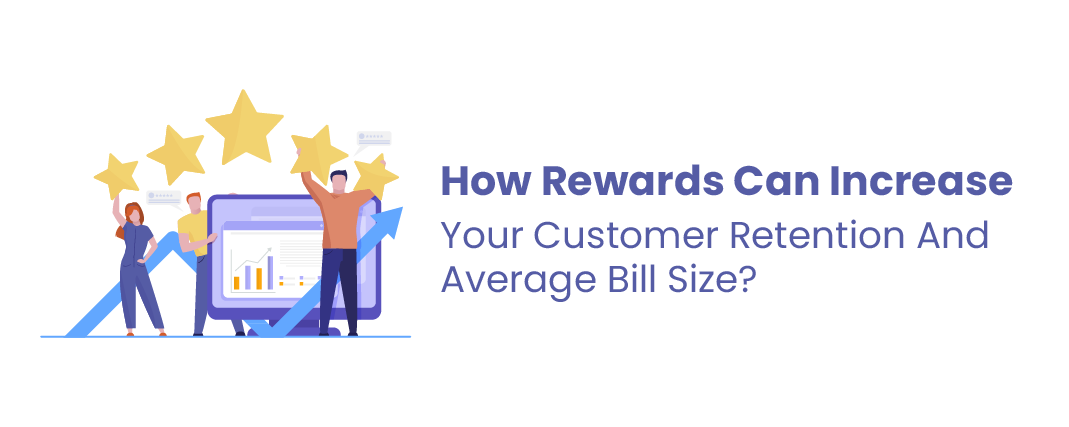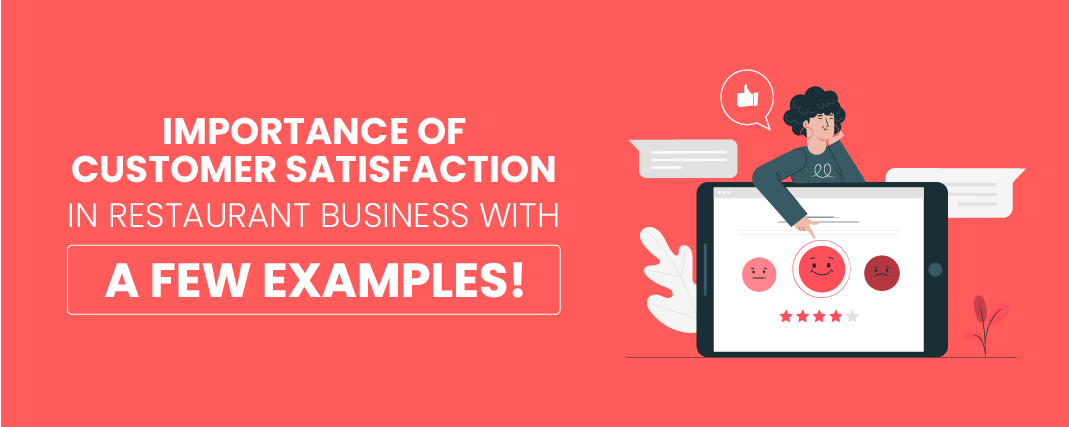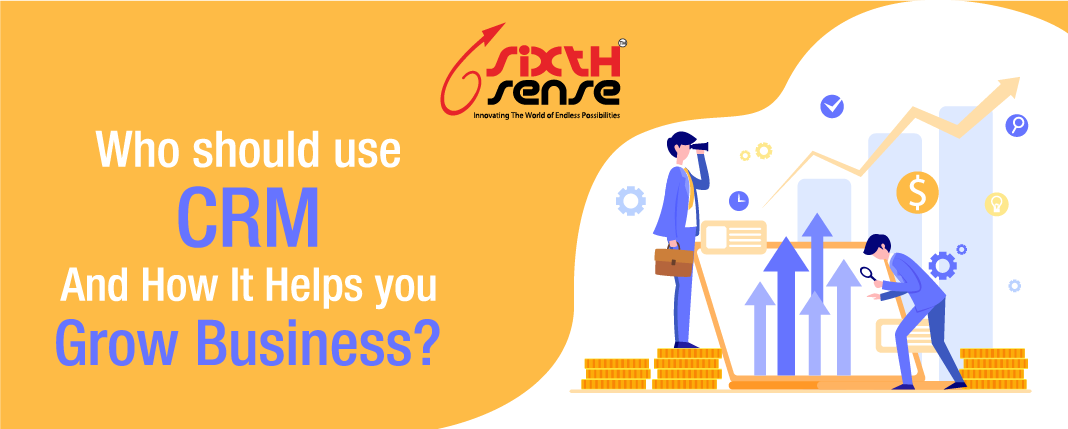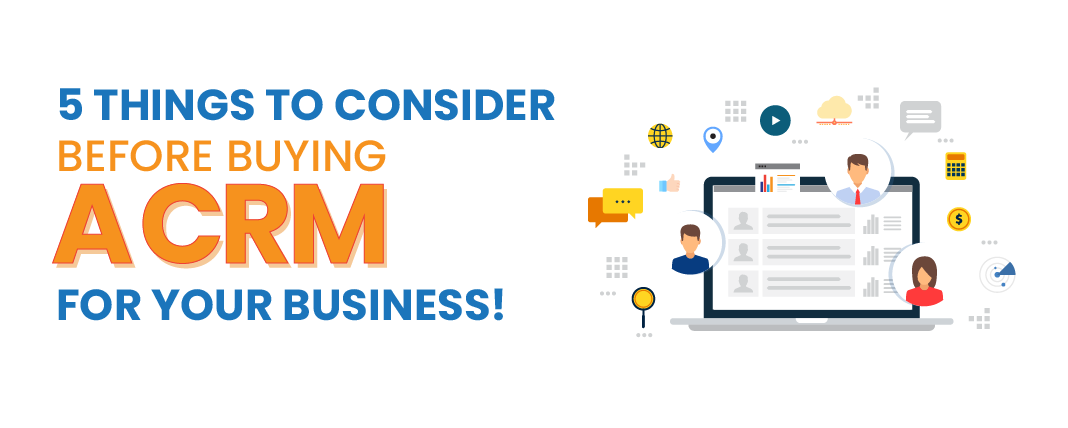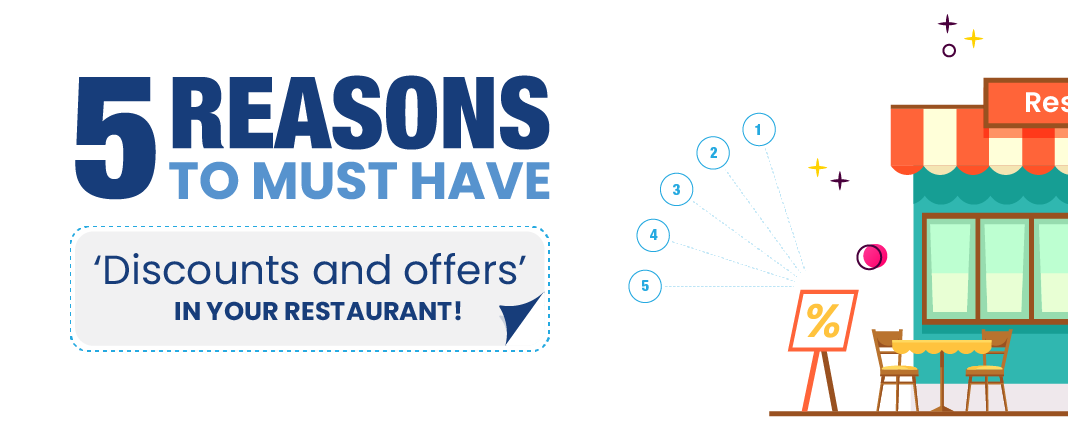
How to choose the right ERP for your business

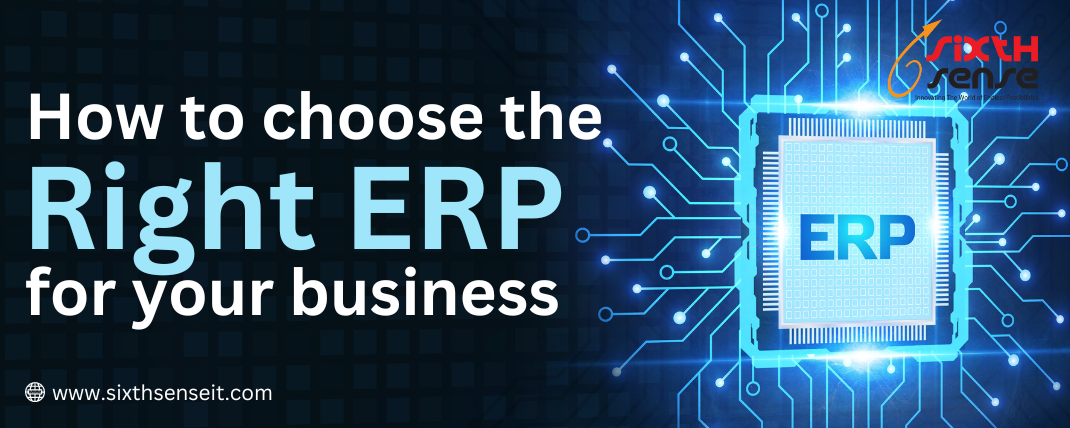
ERP (Enterprise Resource Planning) software is a type of software that helps businesses manage and automate various business processes, such as accounting, human resources, supply chain management, customer relationship management, and manufacturing. ERP software provide a centralized platform for managing these processes, giving businesses a single source of truth and improved visibility into their operations.
An ERP software typically includes modules for various business processes, such as financials, sales, and procurement. The modules are integrated, allowing data to be shared between departments, improving communication and collaboration. ERP software also provide real-time insights into a business's performance, which can help managers make informed decisions and improve overall business performance.
ERP software are used by businesses of all sizes and across various industries to improve their operations and gain a competitive advantage. By automating and streamlining business processes, ERP software can help businesses reduce costs, increase efficiency, and improve their overall financial performance.
Enterprise Resource Planning (ERP) software is used by businesses to manage and automate various business processes, including:
Automating accounting and finance processes, such as accounts payable and receivable, general ledger, and budgeting.
Managing employee information, payroll, and benefits.
Managing the flow of goods, including purchasing, inventory management, and order fulfillment.
Managing customer interactions and sales activities, including lead management, order processing, and customer service.
Managing the production process, including production scheduling, capacity planning, and material requirements planning.
Managing projects, including project planning, scheduling, and resource allocation.
Managing online sales and customer interactions.
Managing physical and financial assets, including tracking and maintenance of equipment, vehicles, and real estate.
Managing the flow of goods, including inventory control, tracking of stock levels, and order fulfillment.
Managing sales activities, including lead generation, customer segmentation, and marketing campaigns.
Managing the procurement process, including supplier management, sourcing, and contract management.
Managing quality control, including product inspection, testing, and defect tracking.
Managing the transportation of goods, including shipping, receiving, and delivery tracking.
Managing the storage and movement of goods in a warehouse, including receiving, storage, and shipping.
ERP software are used by businesses of all sizes and across various industries to improve their operations and gain a competitive advantage. It is important for businesses to choose an ERP software that meets their specific needs and provides the applications and features required to support their business processes.
Choosing the right ERP software is important for businesses because it can have a significant impact on their operations and financial performance. A poorly chosen ERP software can result in increased costs, decreased efficiency, and decreased user adoption. A well-chosen ERP software, on the other hand, can provide many benefits, including:
An ERP software can automate and streamline various business processes, such as accounting, inventory management, and supply chain management, which can greatly improve a business's efficiency.
An ERP software provides a single source of truth for a business, giving managers and employees access to real-time data from various departments, which can help them make informed decisions.
An ERP software can improve communication and collaboration between departments by providing a centralized platform for sharing information and tracking progress.
An ERP software can provide actionable insights into a business's performance, which can help managers make informed decisions and improve overall business performance.
An ERP software can help businesses save money by reducing manual processes and reducing errors, which can lead to increased profitability.
An ERP software can improve security by providing robust security measures to protect sensitive business data.
Therefore, it is important to choose an ERP software wisely to ensure that it meets the specific needs of a business and provides the benefits mentioned above.
Enterprise Resource Planning (ERP) software are crucial for businesses as they help manage various business processes, such as accounting, human resources, customer relationship management, and supply chain management. Choosing the right ERP can greatly improve a business’s efficiency and profitability. Here are some key factors to consider when choosing an ERP software:
Identify what processes your business needs to automate and streamline. Consider the size of your company, the complexity of your processes, and the level of integration you need between different departments.
Choose an ERP software that can grow with your business. Ensure that it has the capability to handle increased volume, complexity and data.
Look for ERP software that integrates well with your existing software and technology. Ensure that it can handle data from multiple sources and provides a single source of truth for your business.
Consider how user-friendly the ERP software is for your employees. A software that is easy to use will reduce training time and increase adoption.
Consider the level of customer support and training offered by the ERP vendor. Look for a vendor that provides comprehensive training and ongoing support to ensure successful implementation and usage of the software .
Consider the total cost of ownership, including license fees, implementation costs, and ongoing maintenance costs. Choose an ERP software that fits within your budget.
Ensure that the ERP software you choose meets the necessary security and privacy requirements for your business. Look for a software that uses encryption and has robust security measures in place to protect sensitive business data.
Determine whether the ERP software you choose can be customized to meet the unique needs of your business. Consider the level of customization offered and the cost associated with customization.
Choosing the right ERP software is a critical decision for any business. It is important to carefully evaluate the factors mentioned above and take the time to find software that meets the specific needs of your business. A well-implemented ERP software can greatly improve a business’s efficiency, productivity, and profitability.


